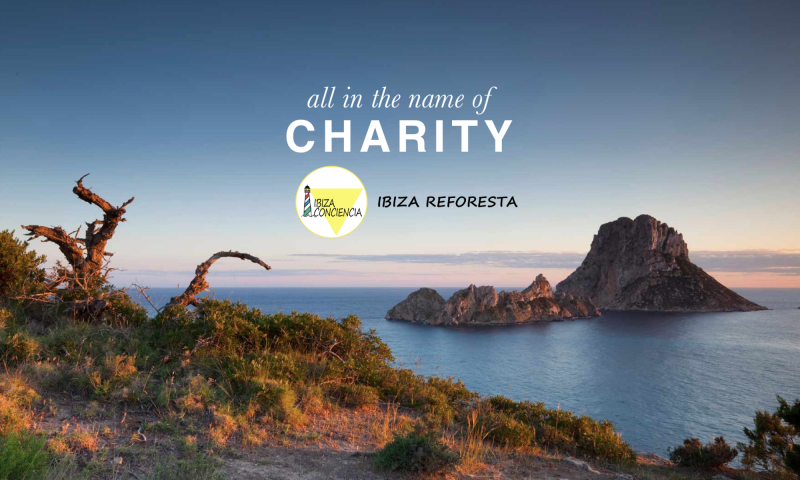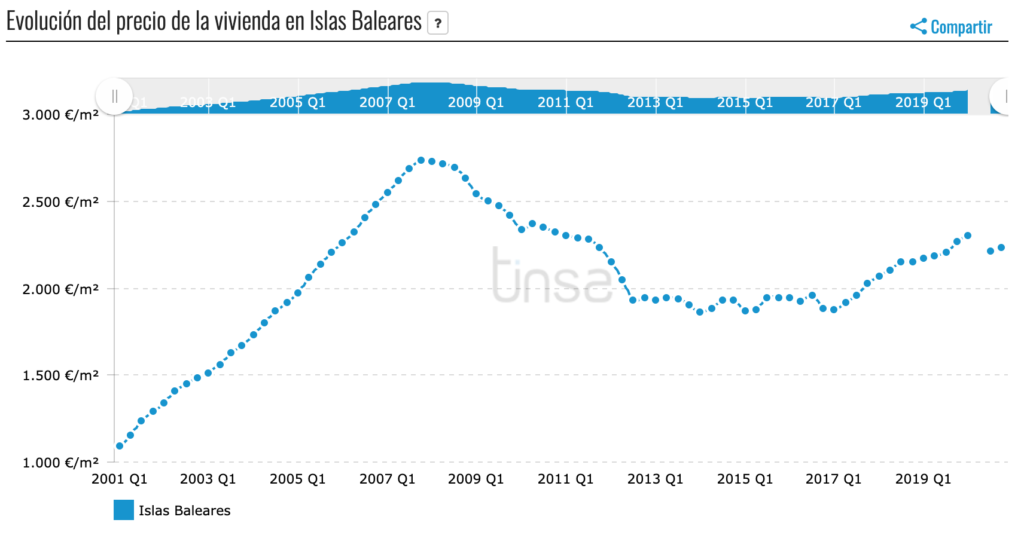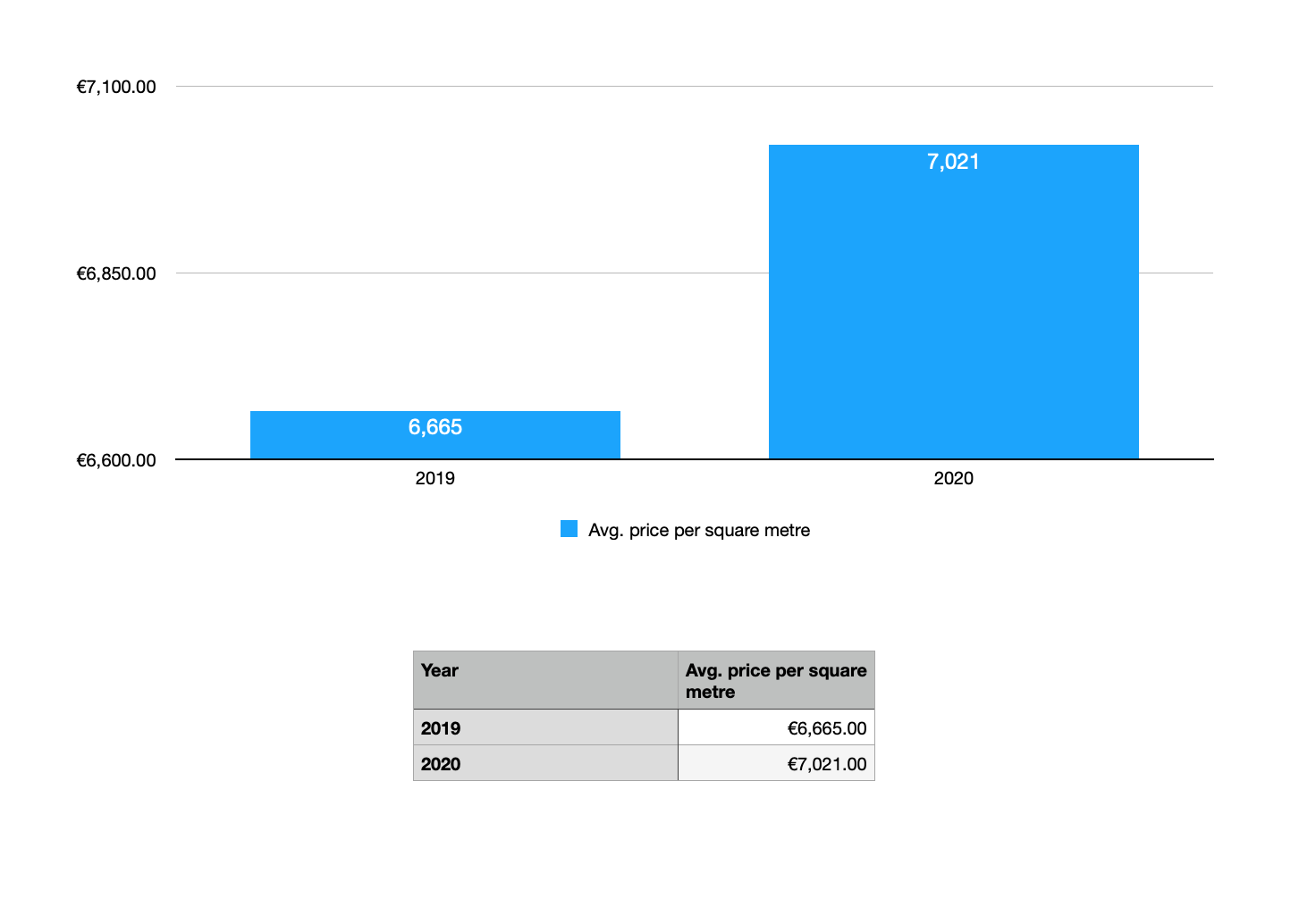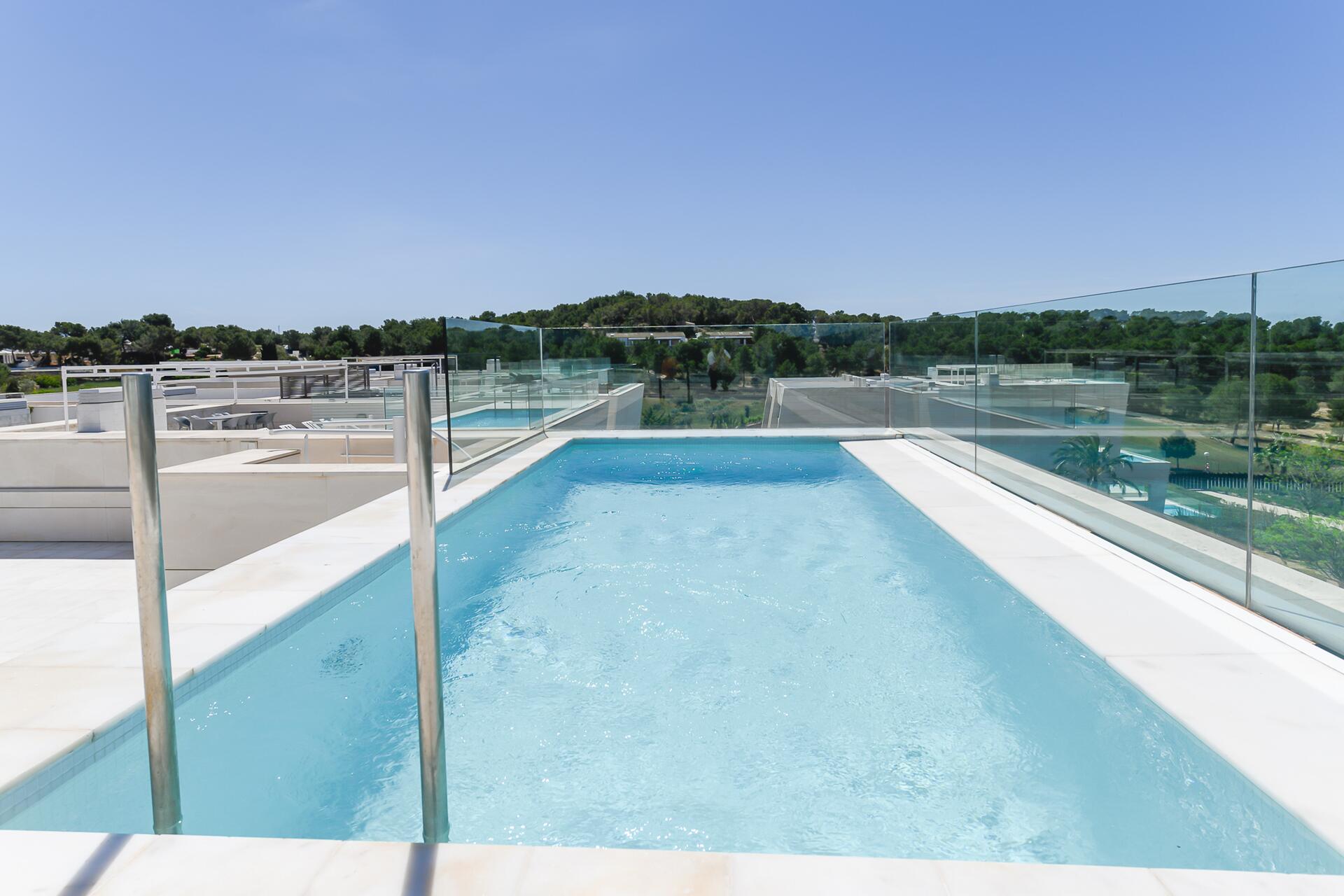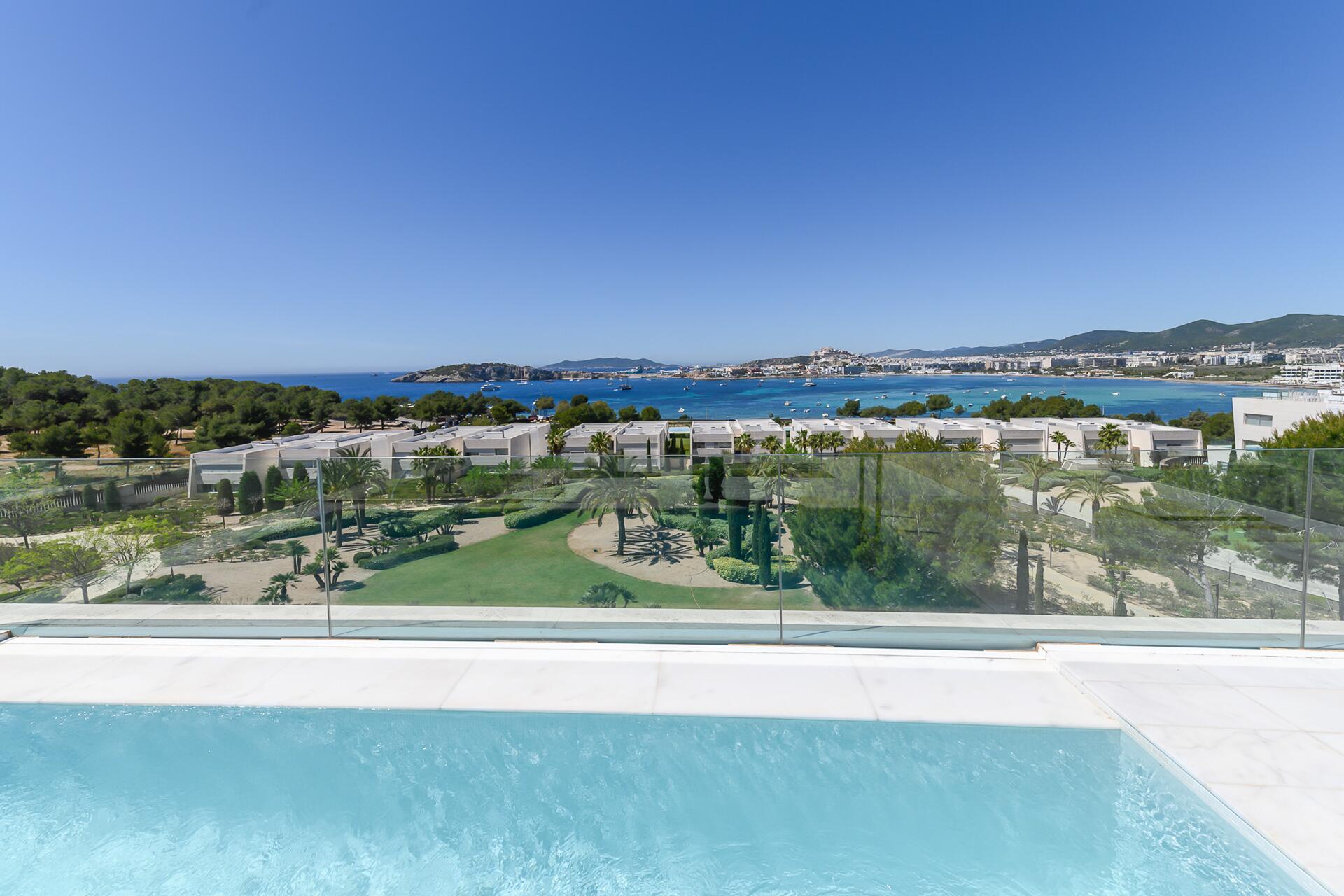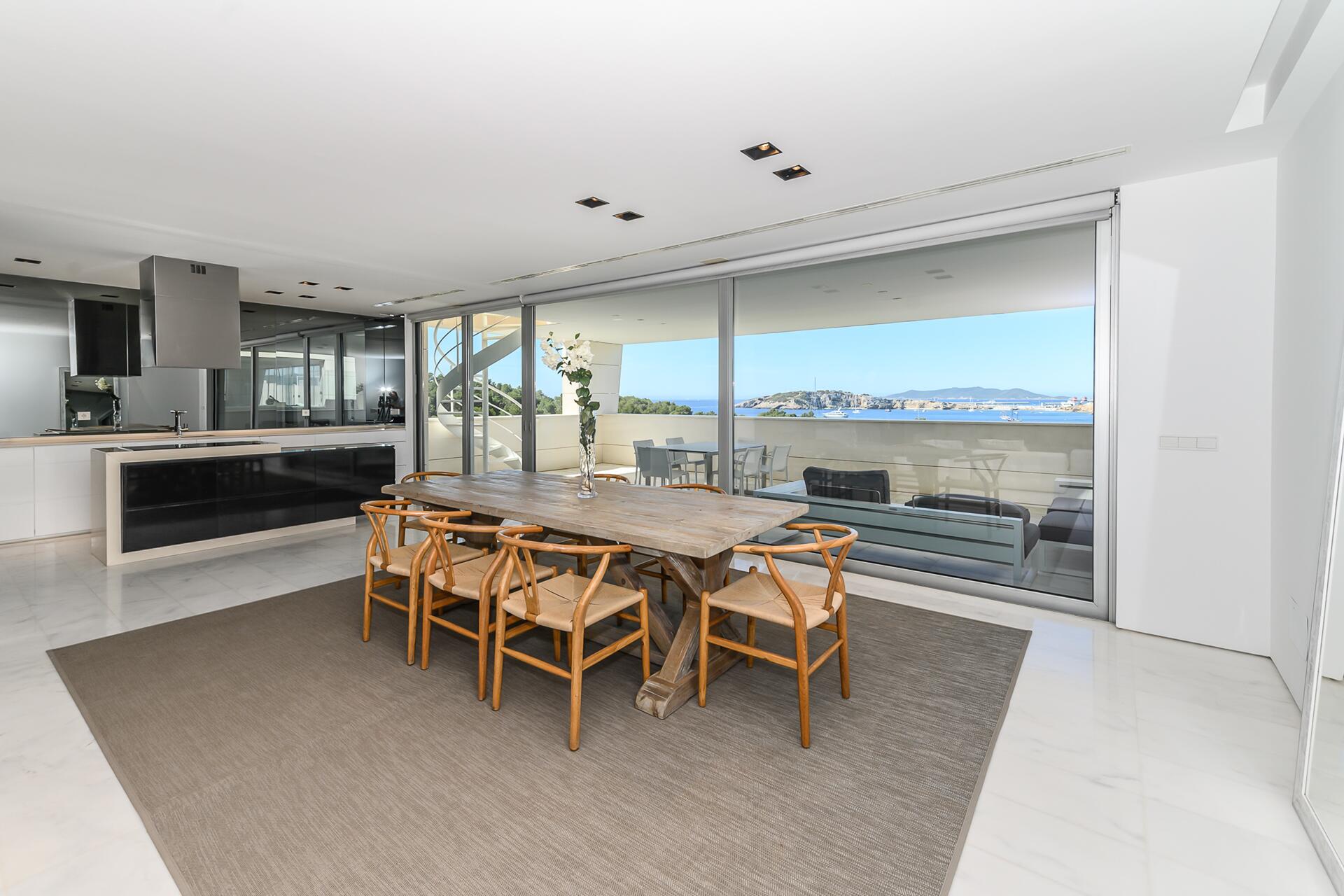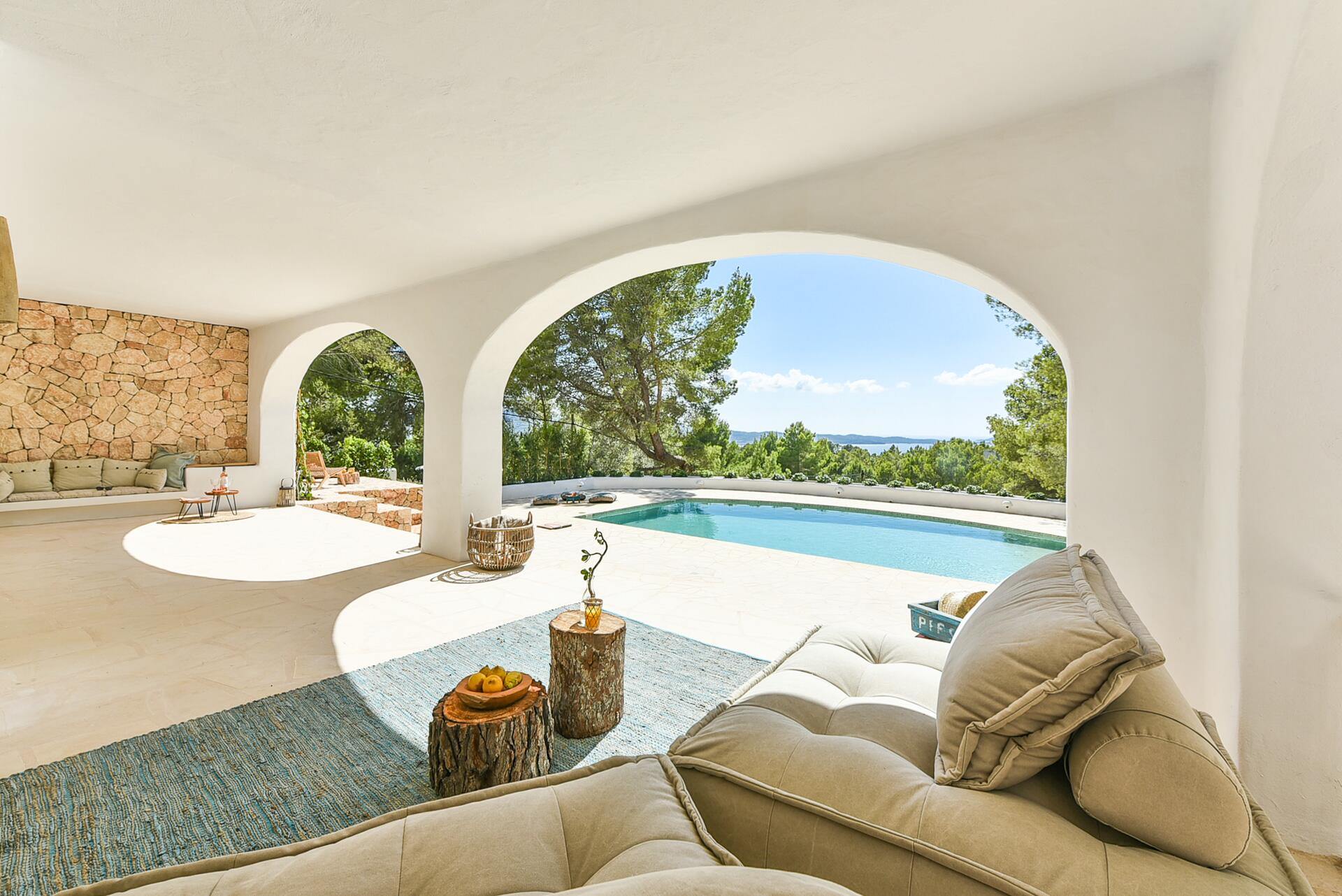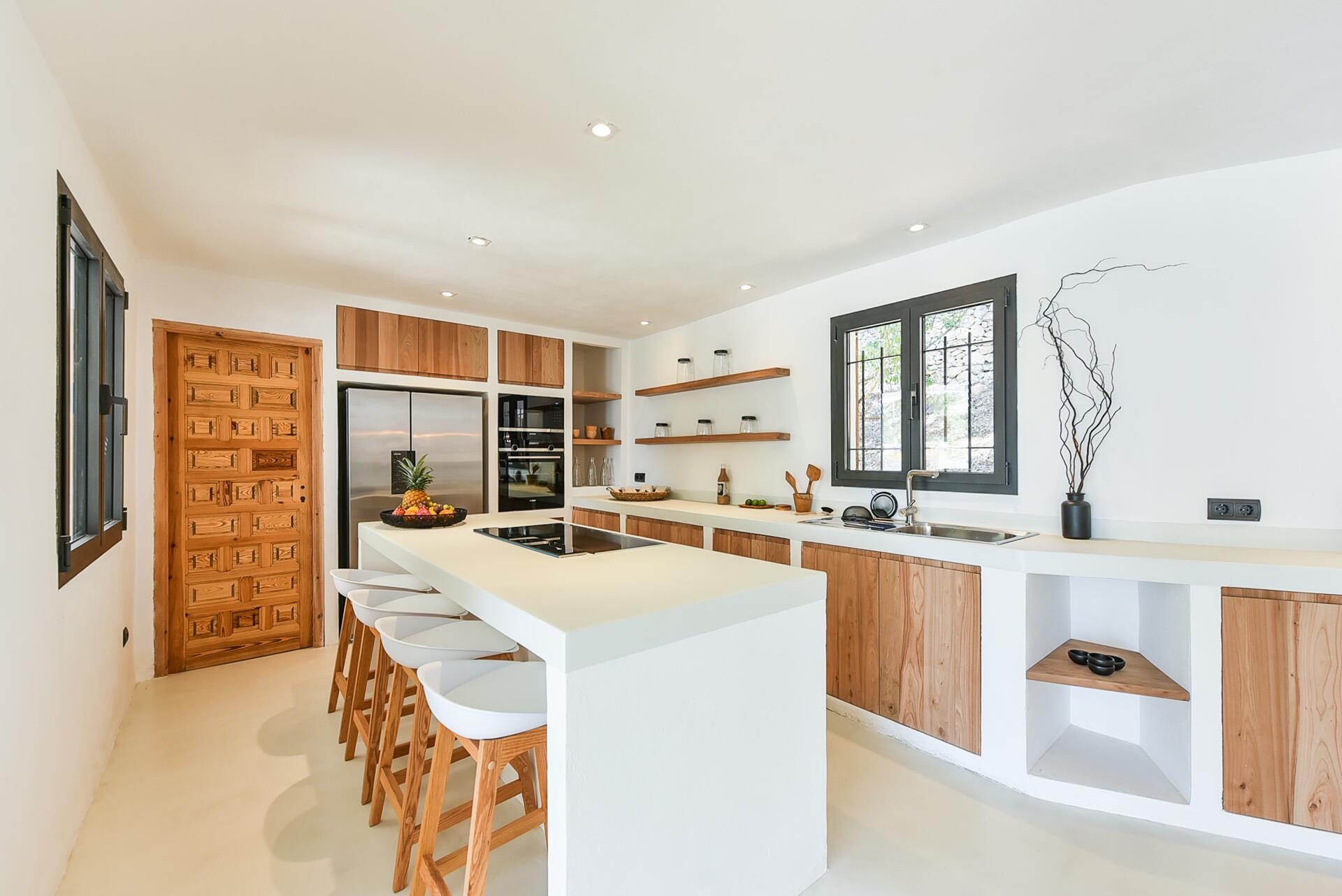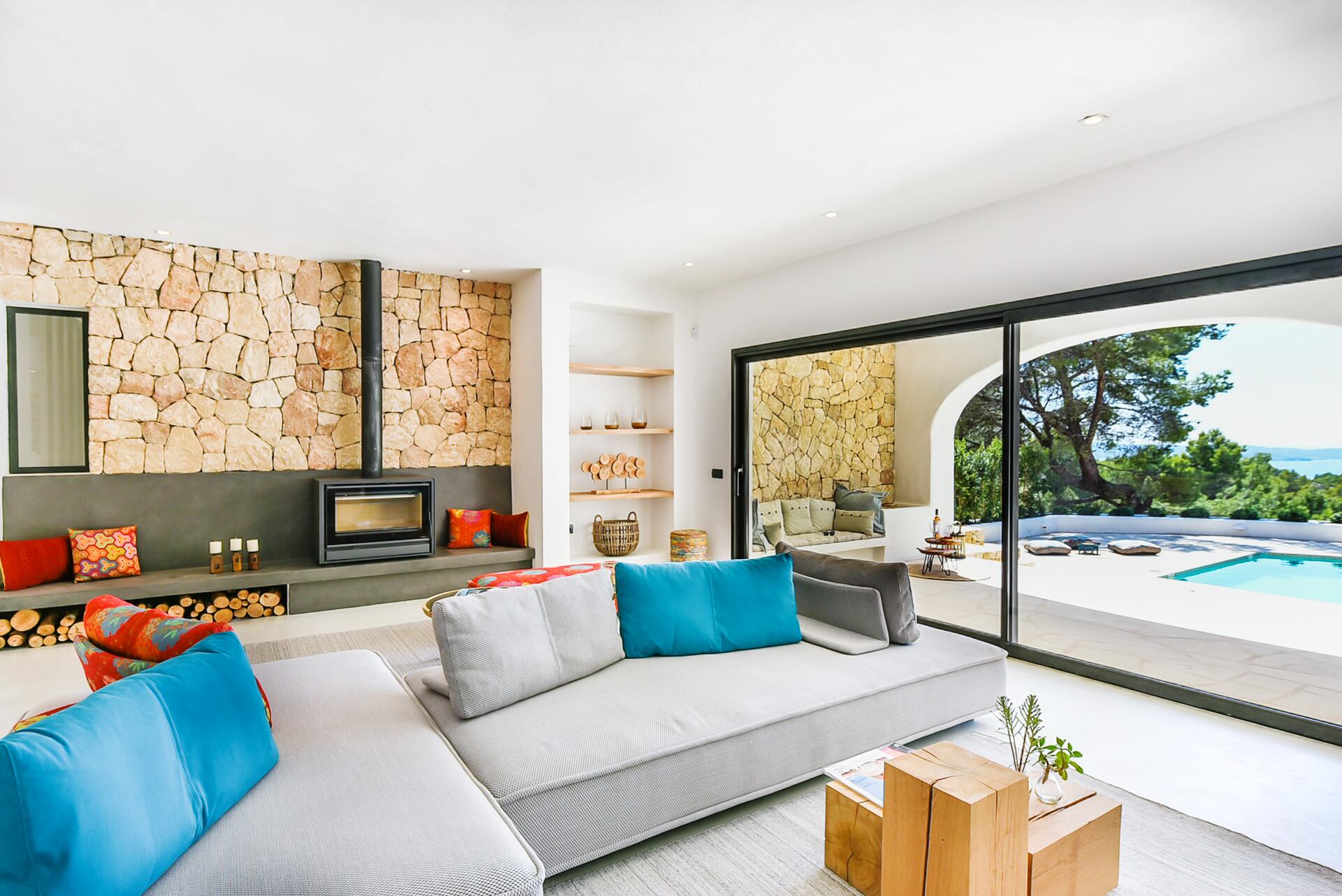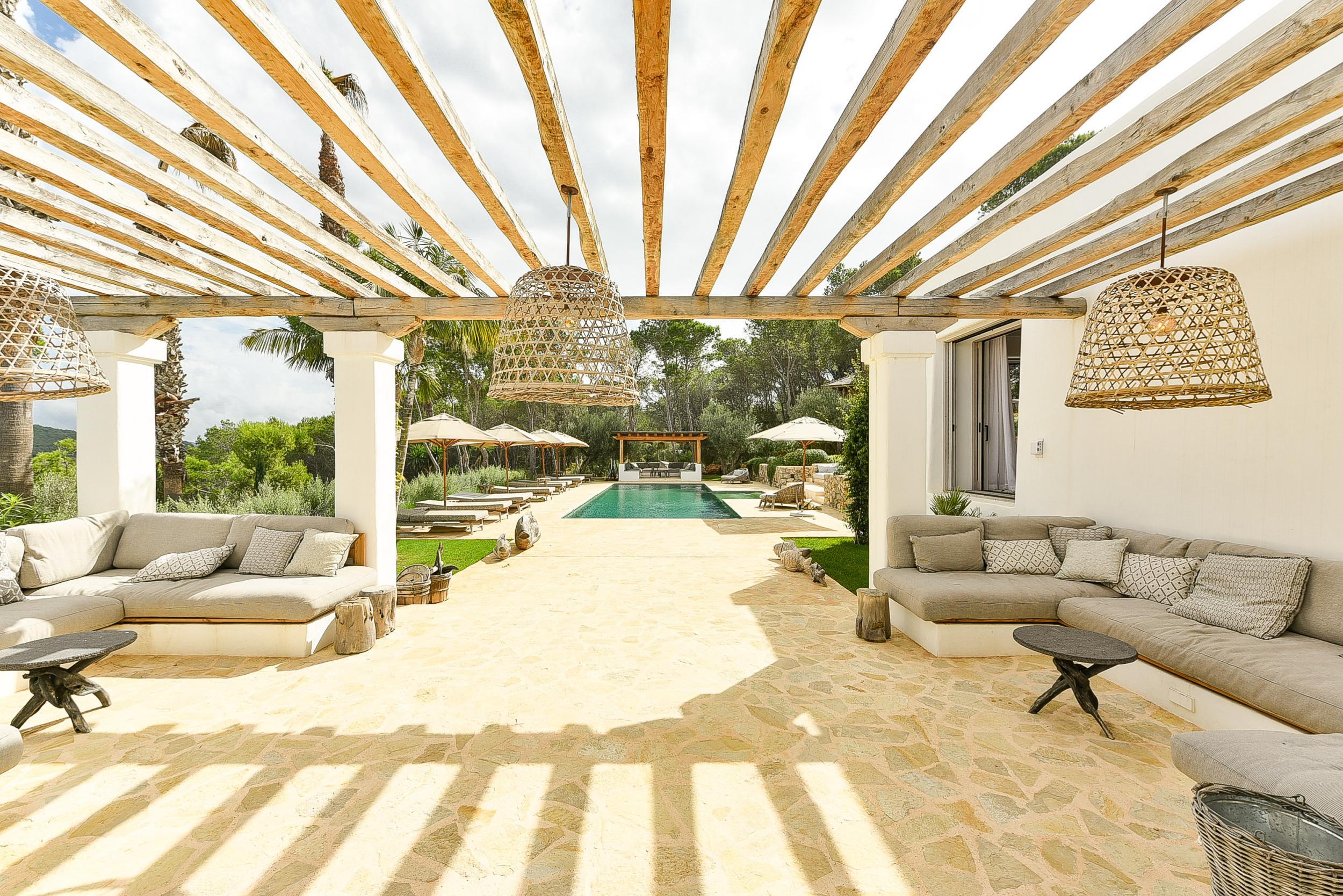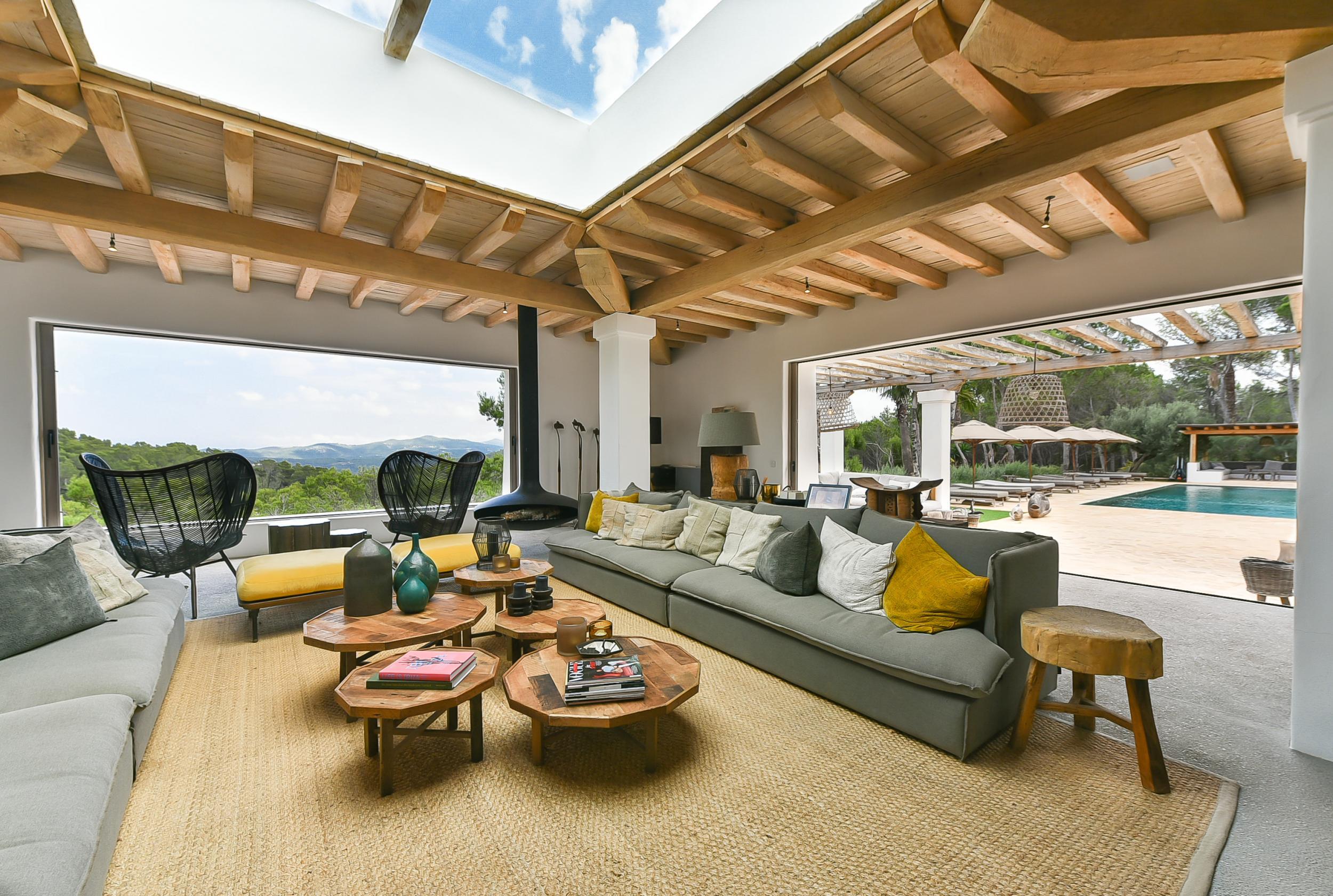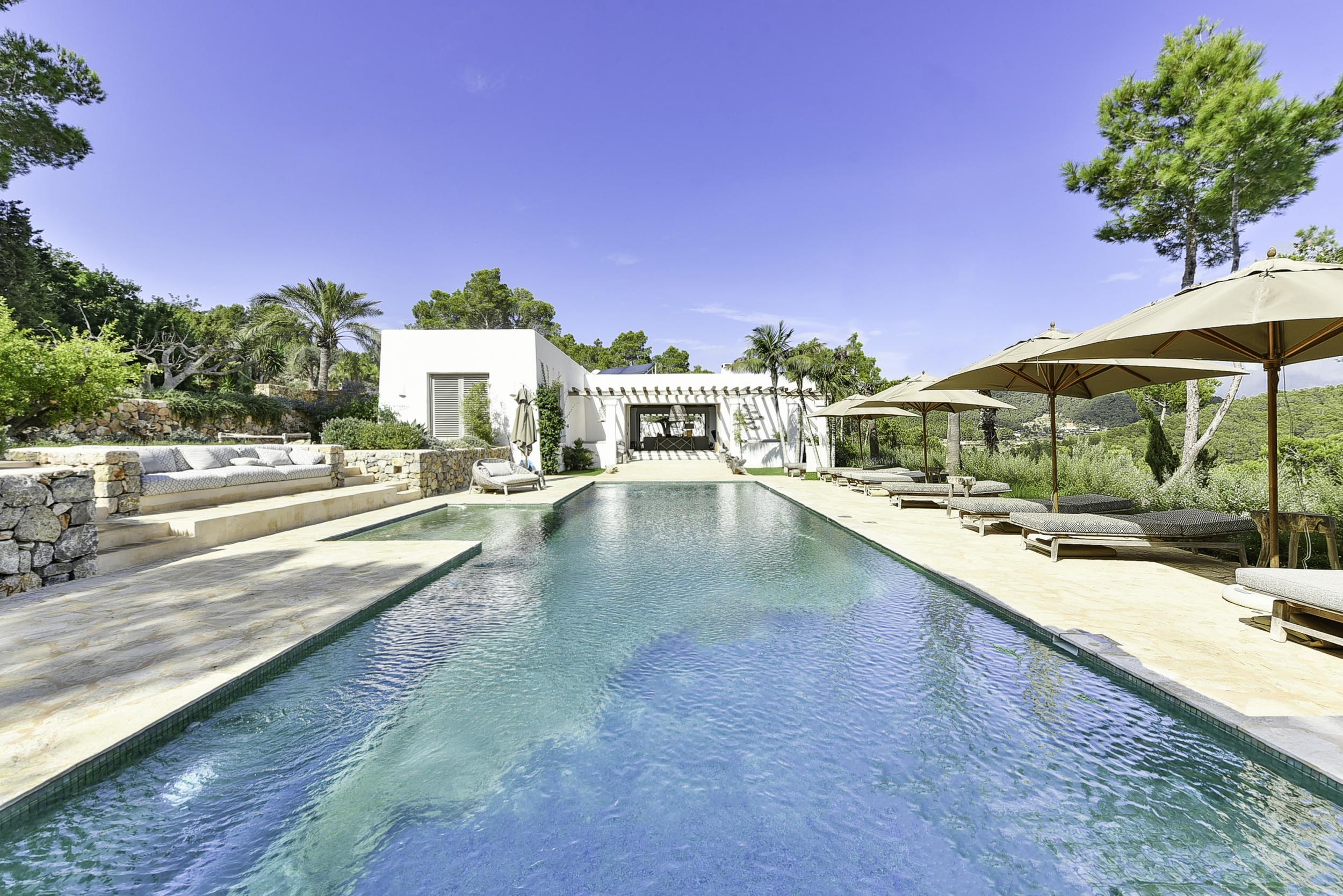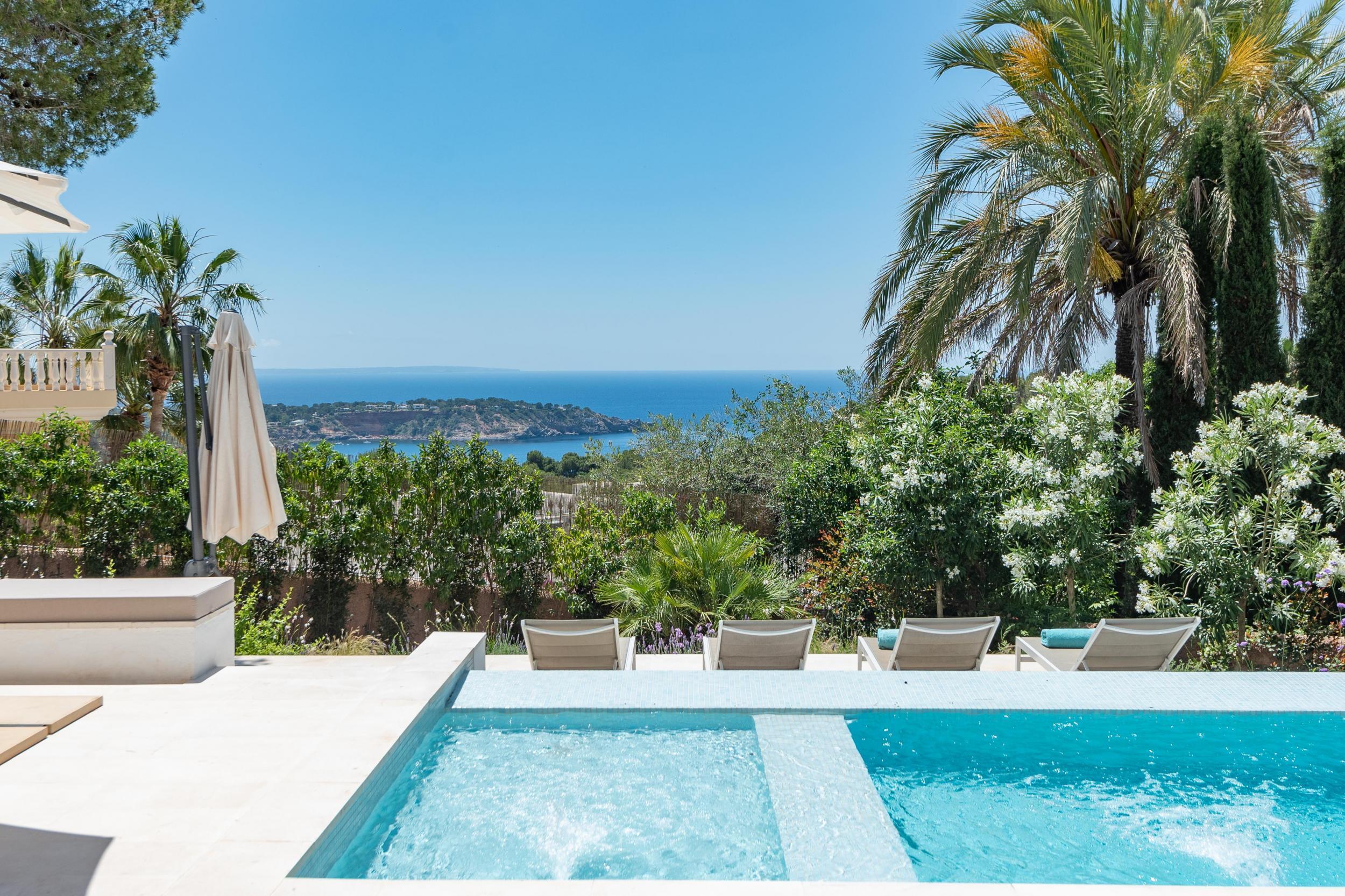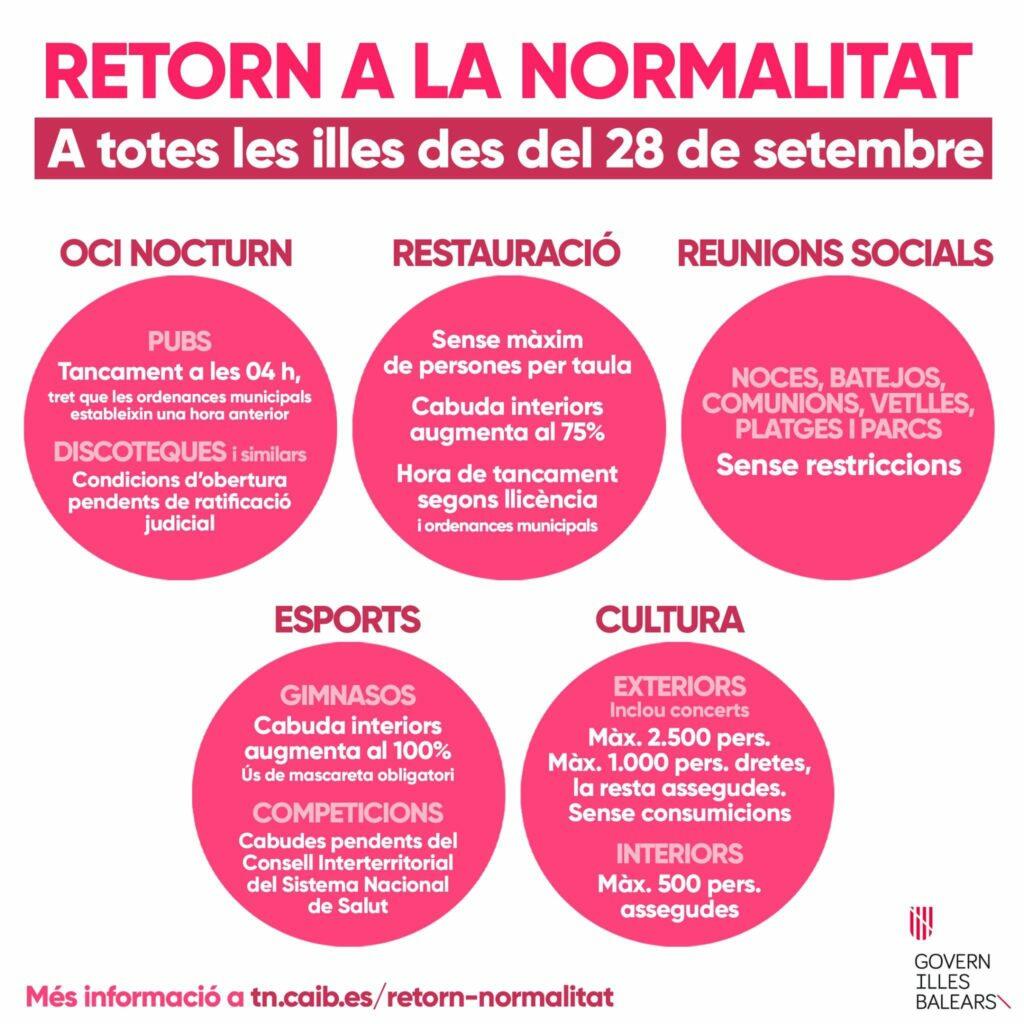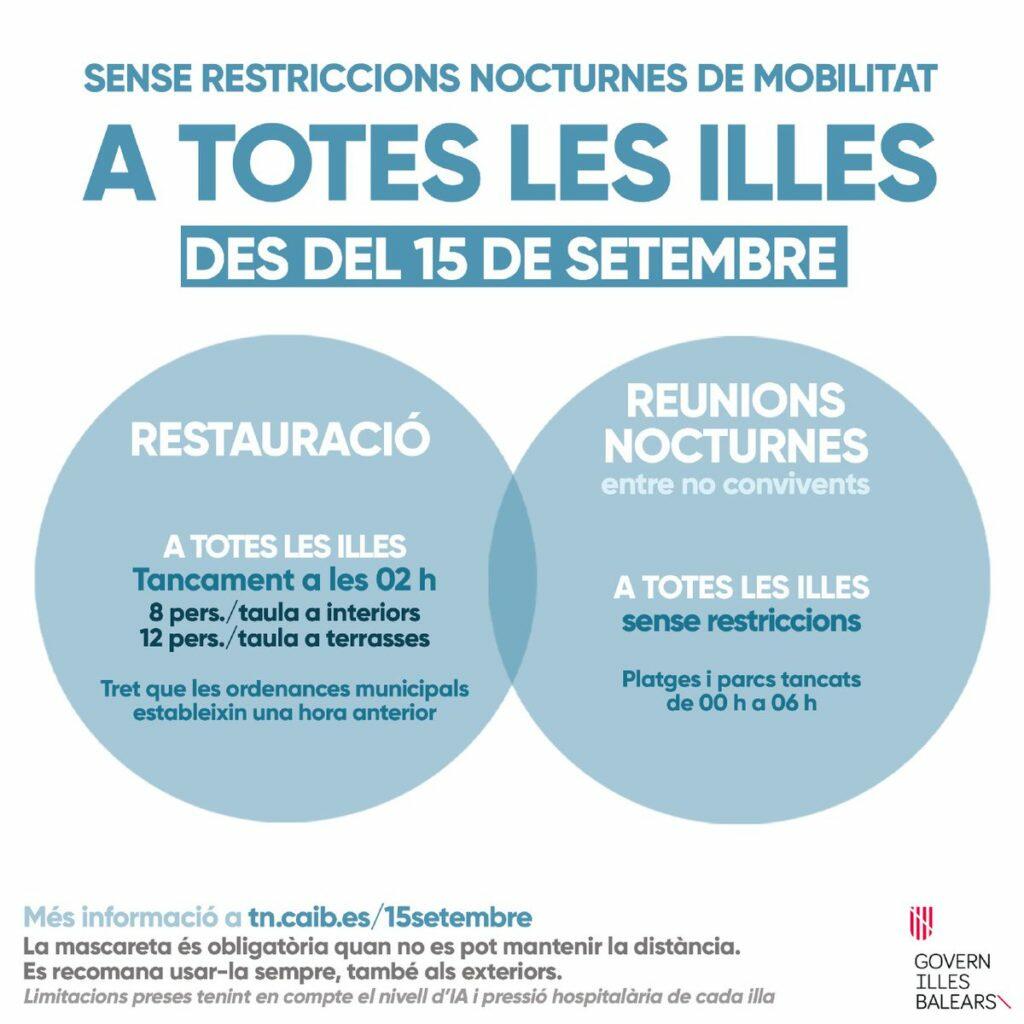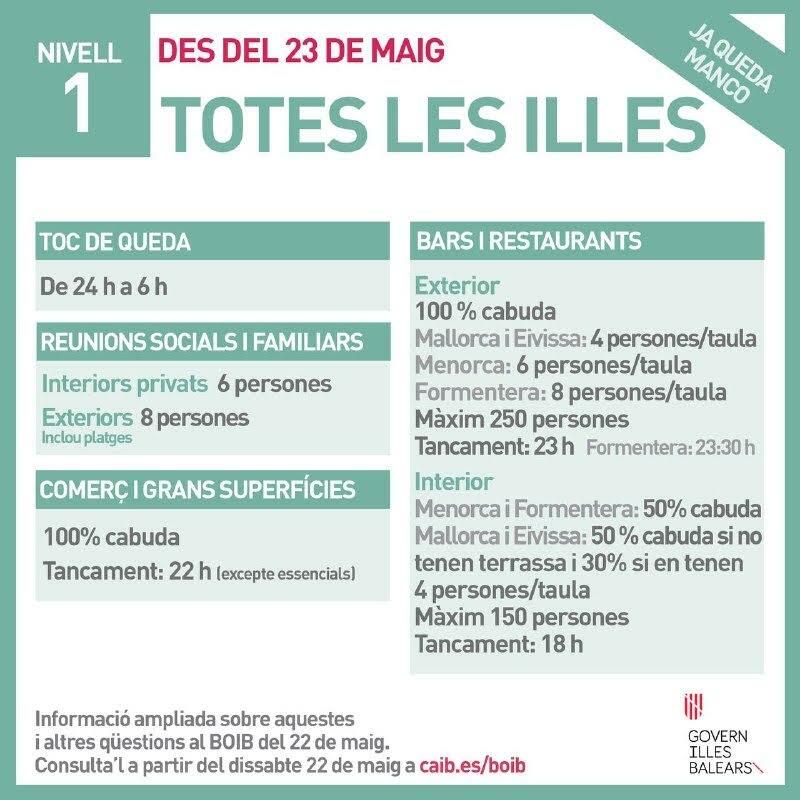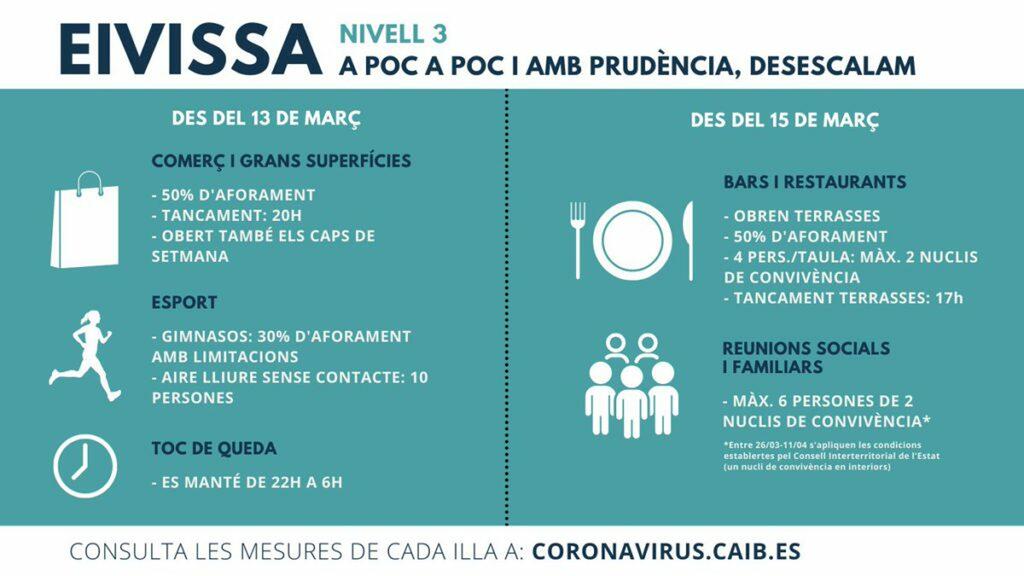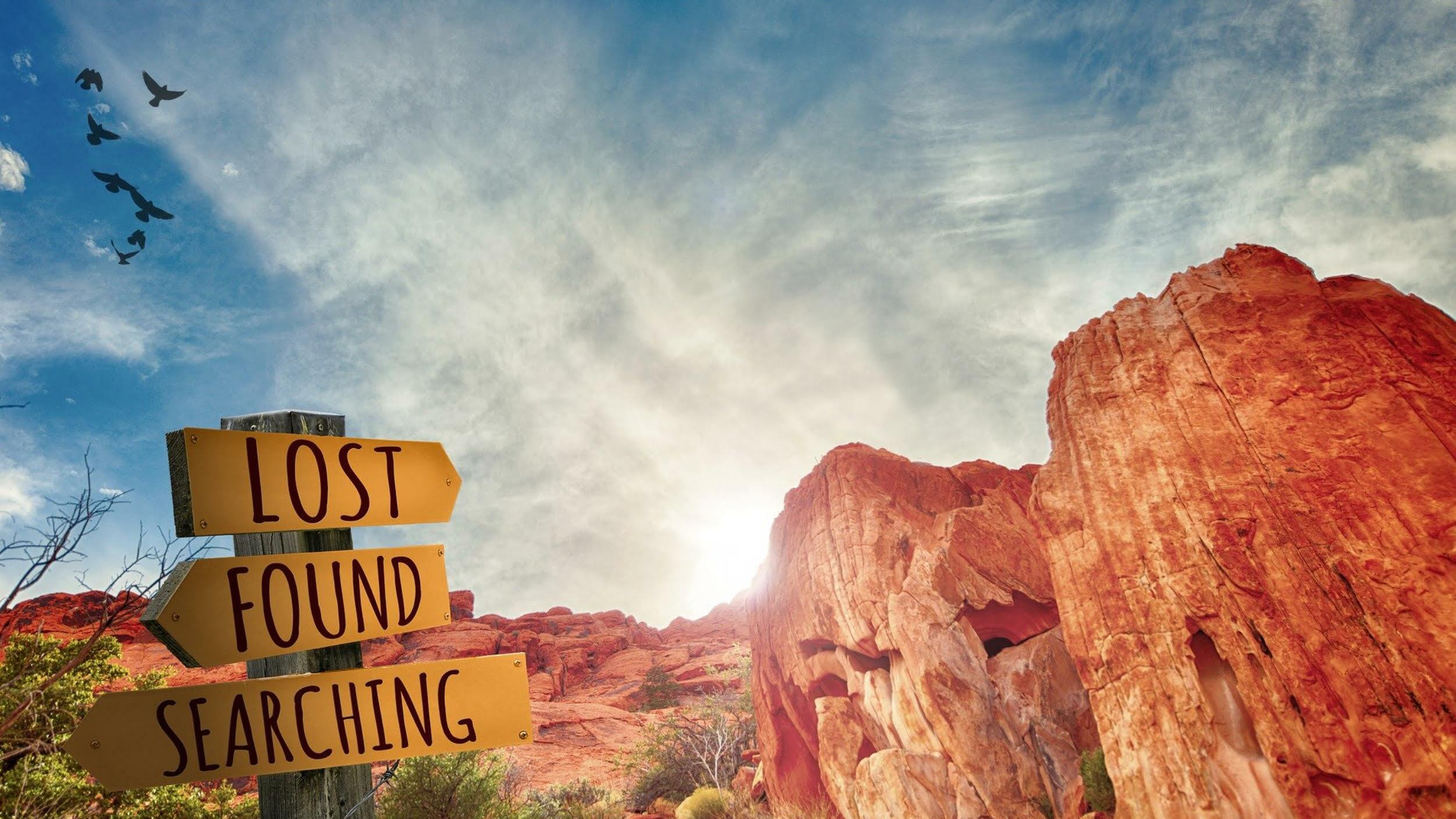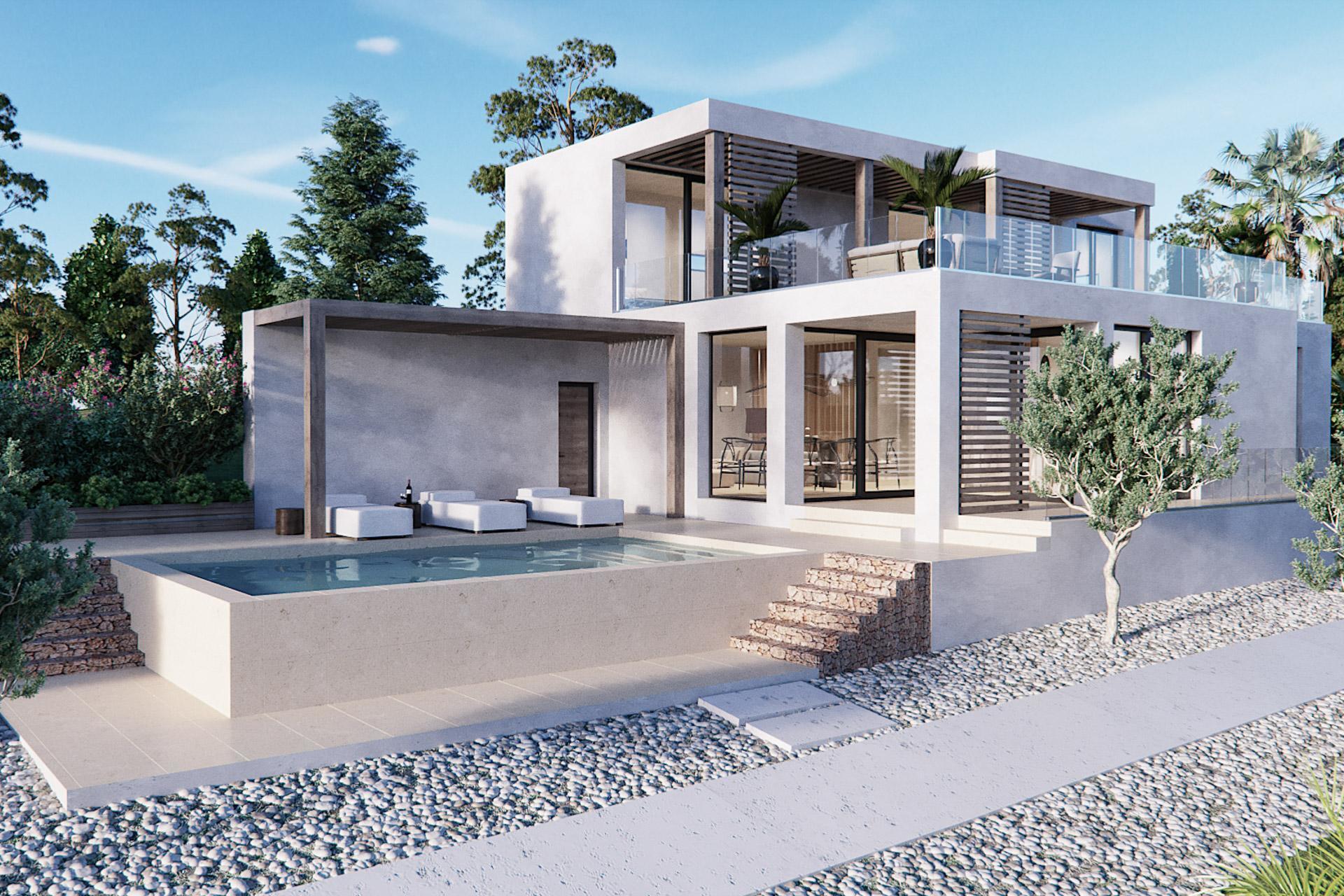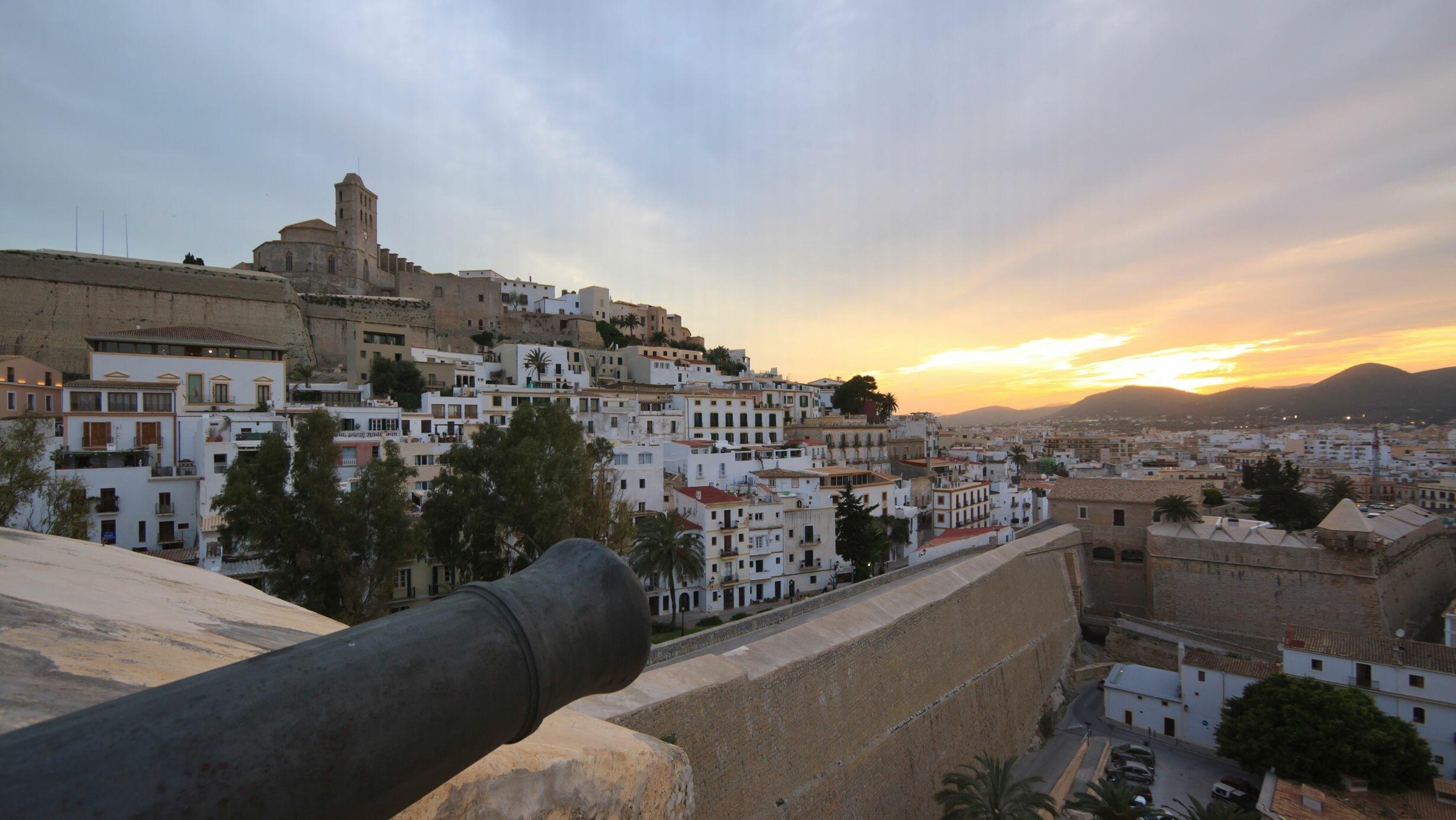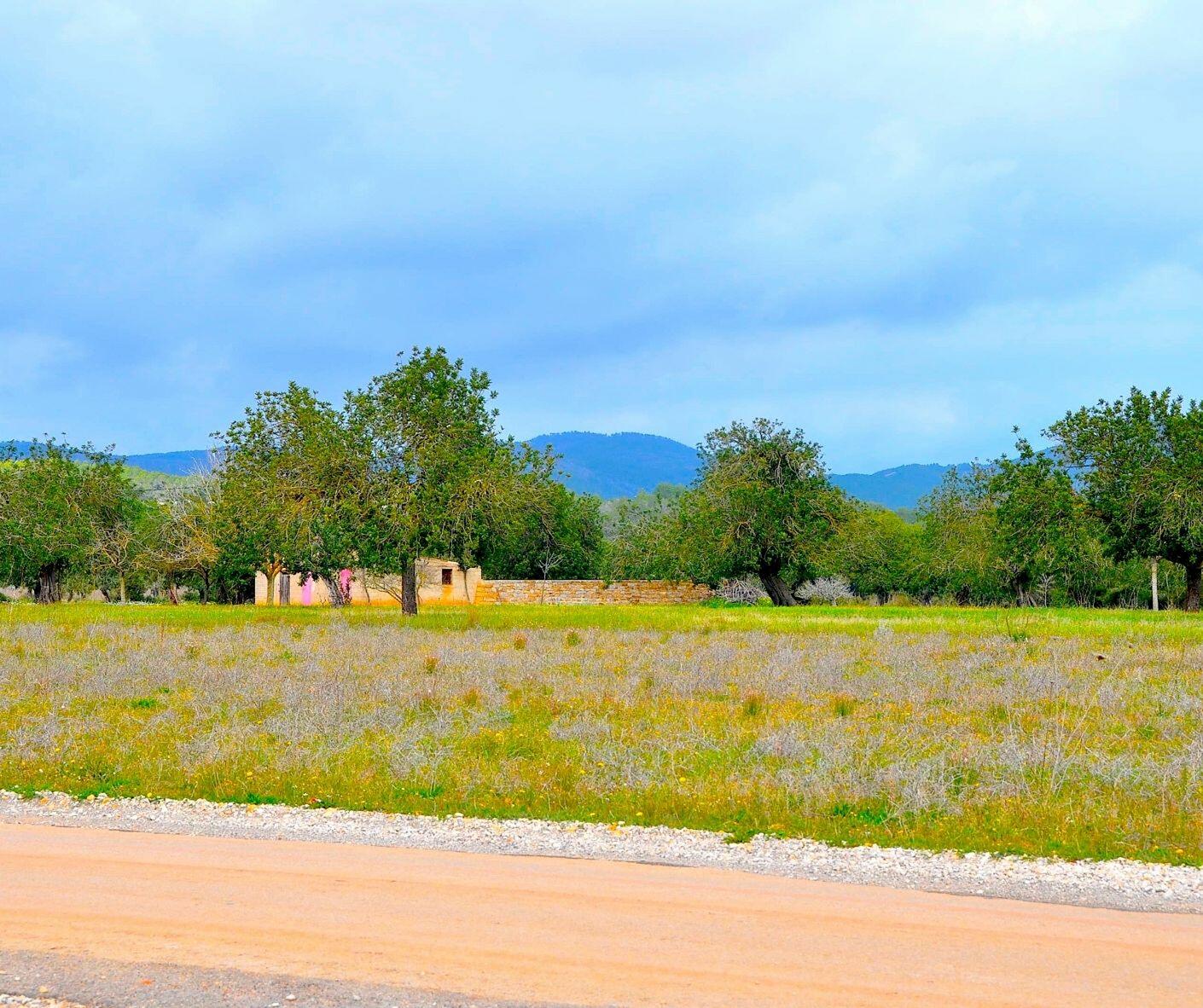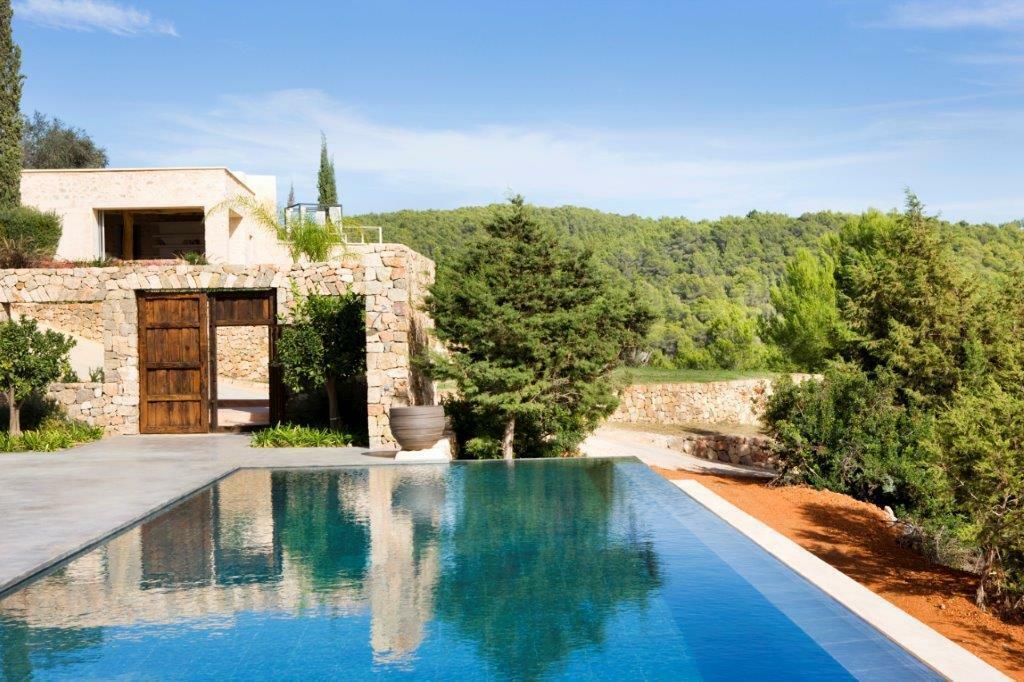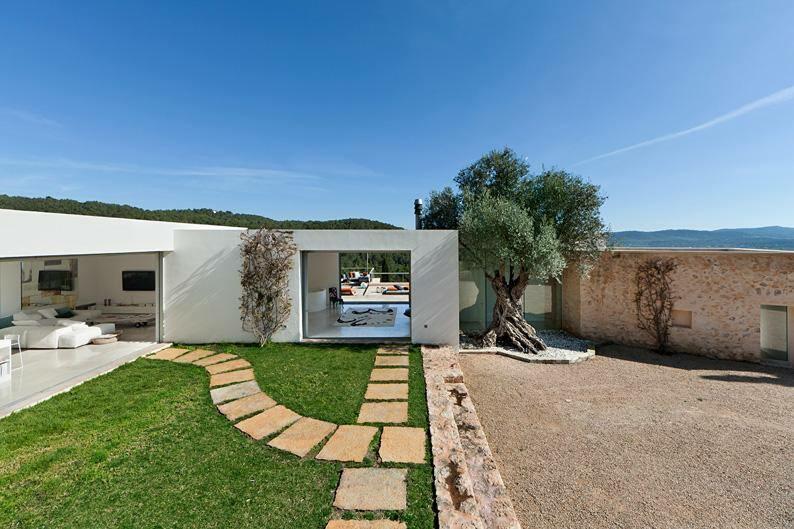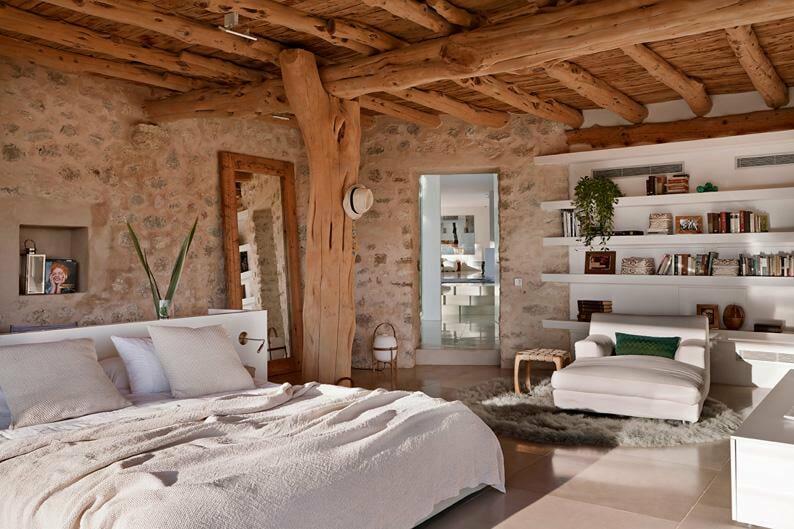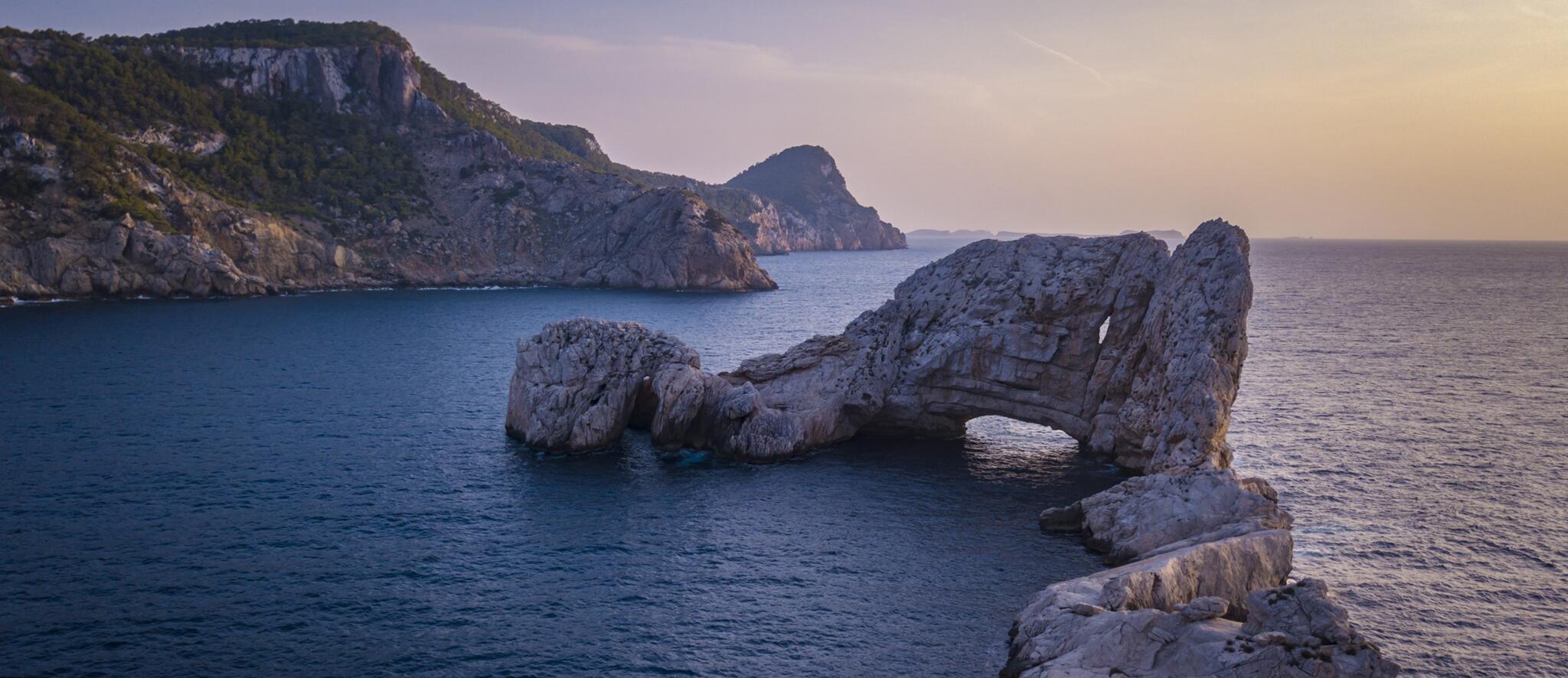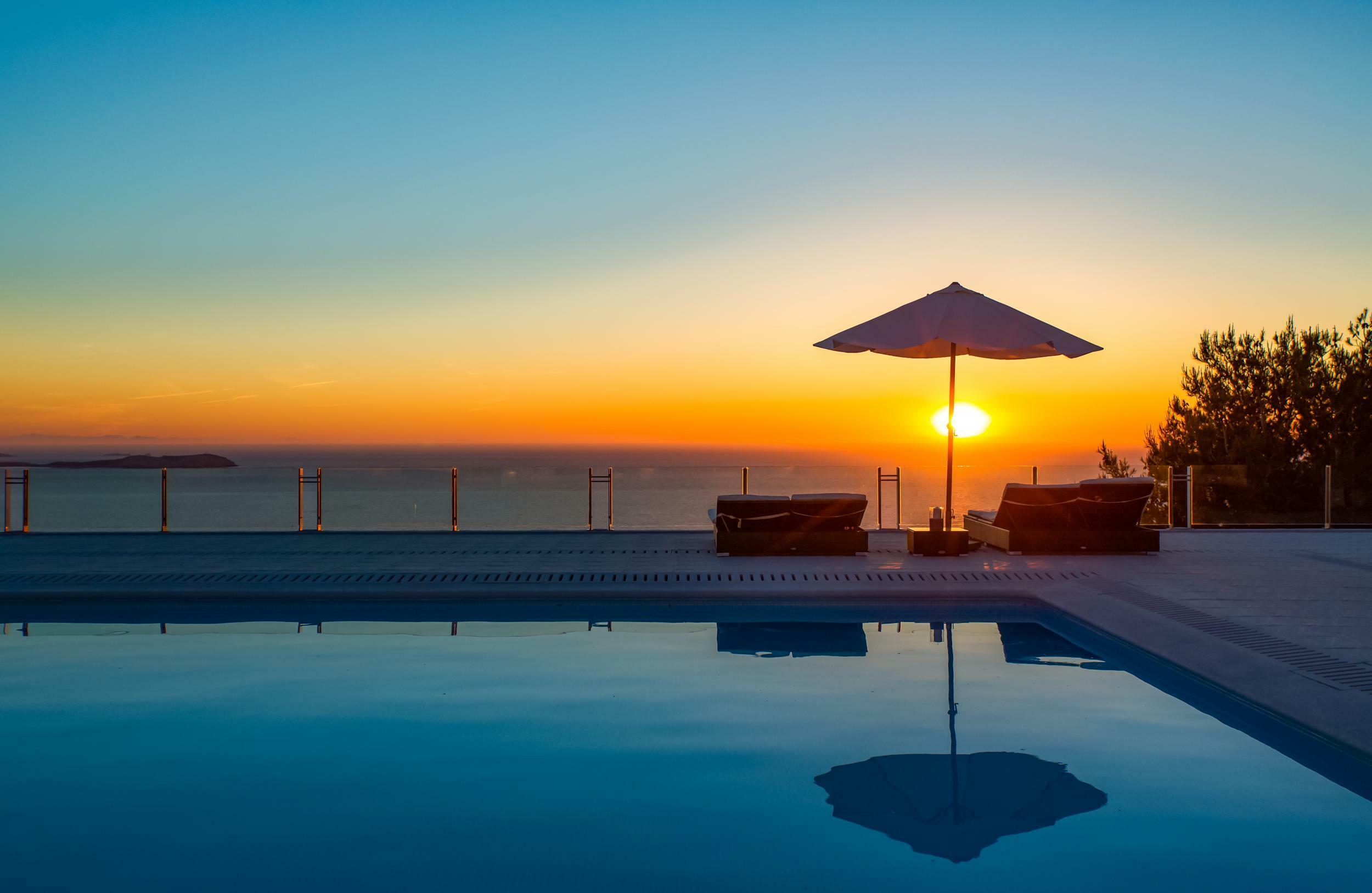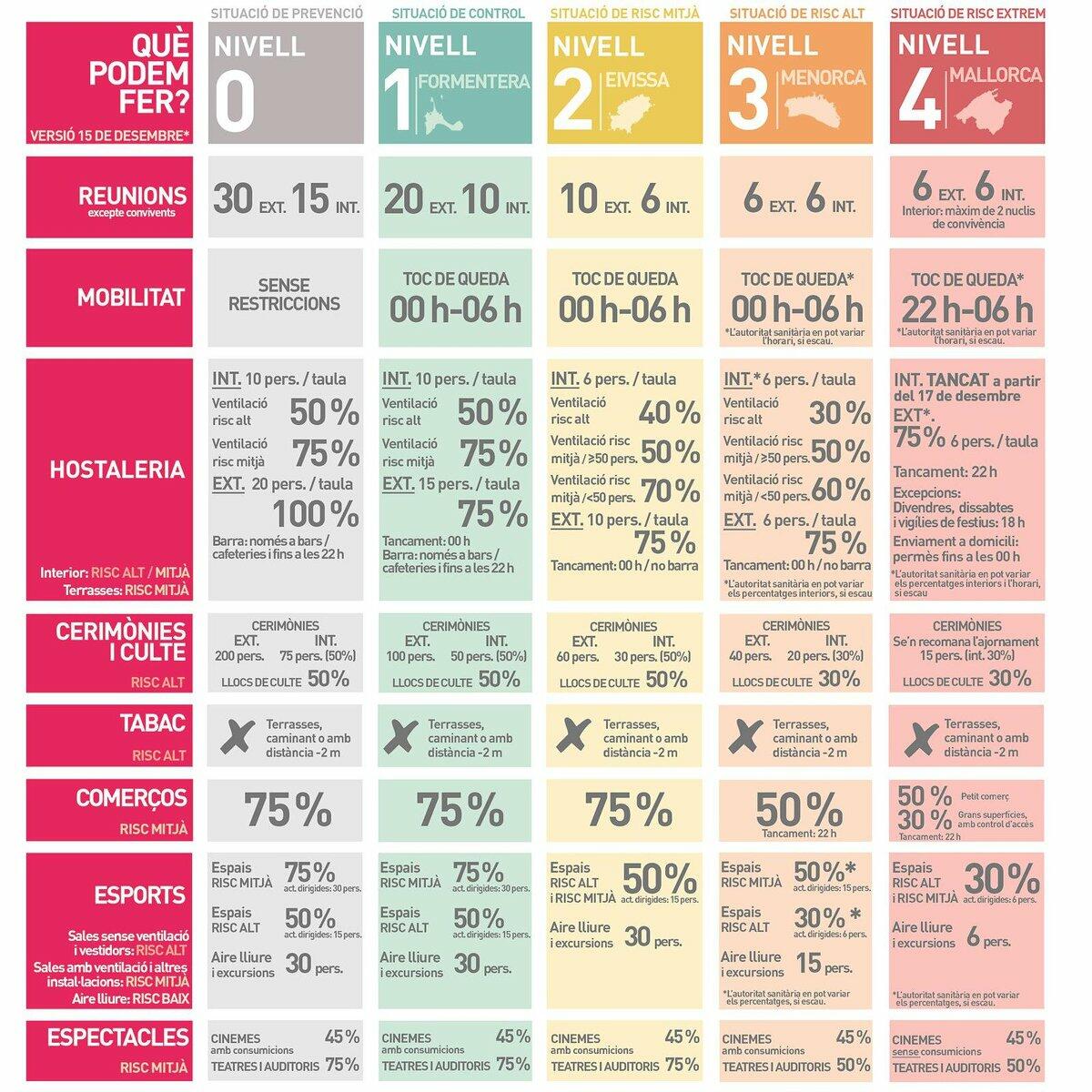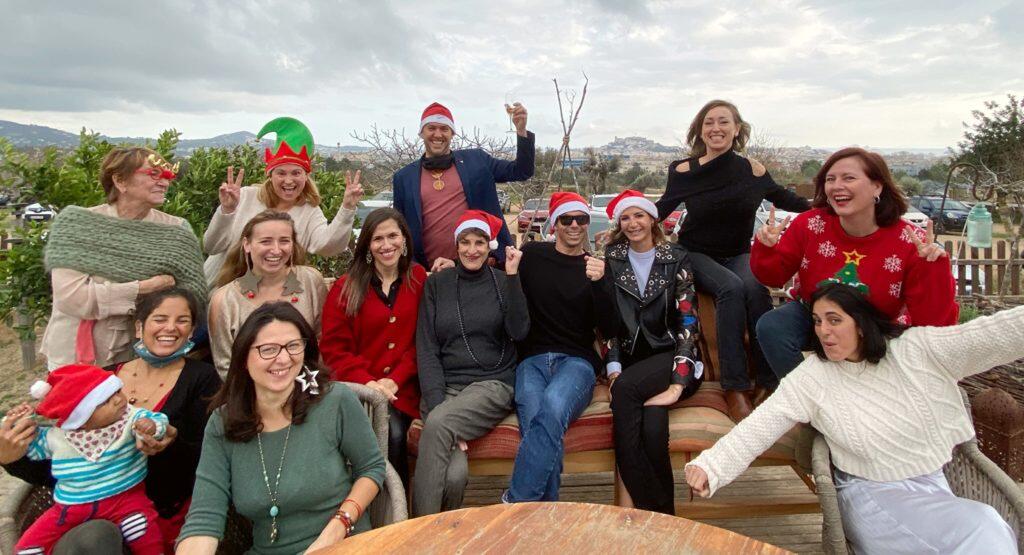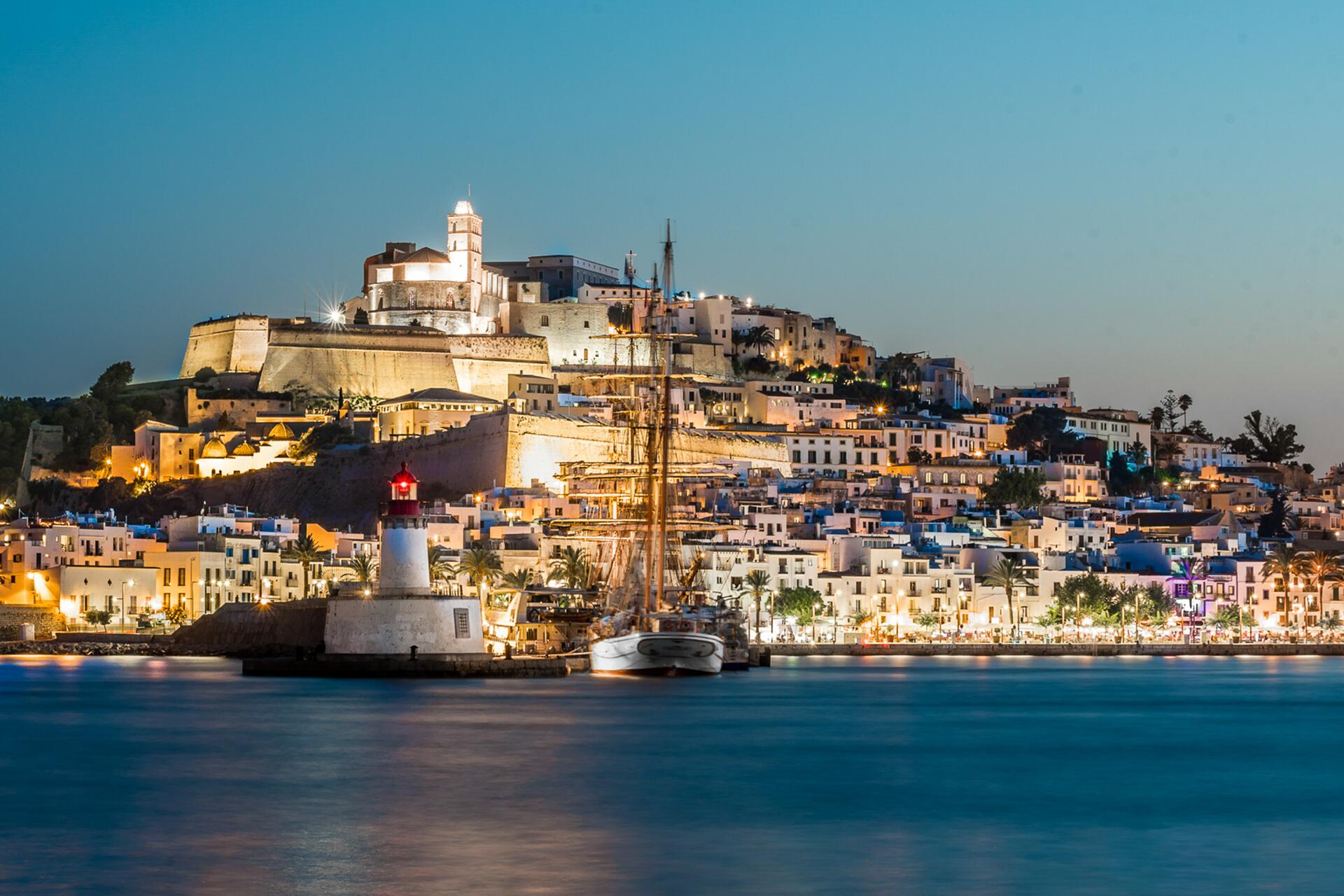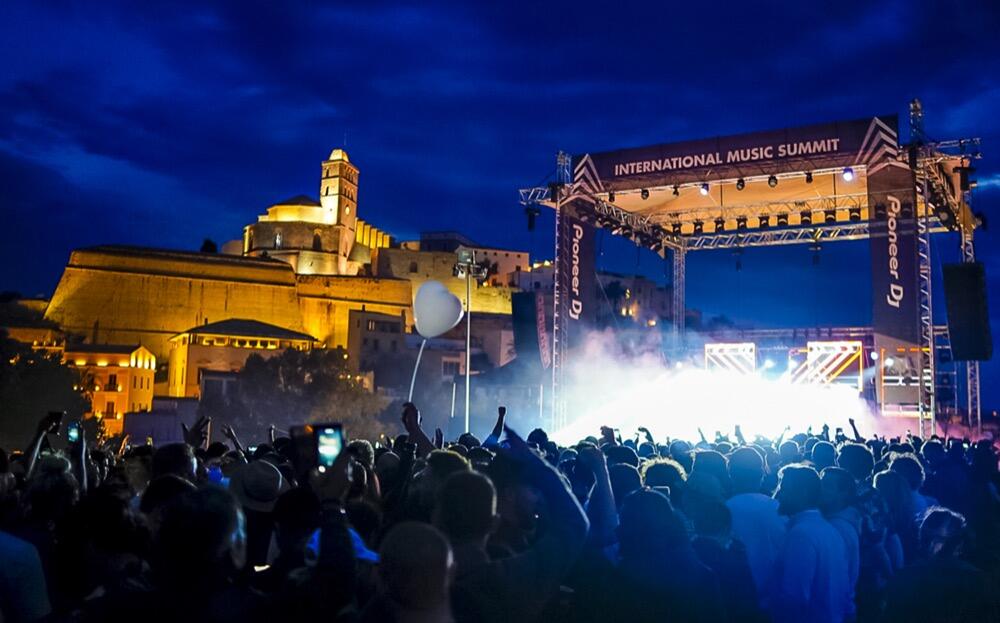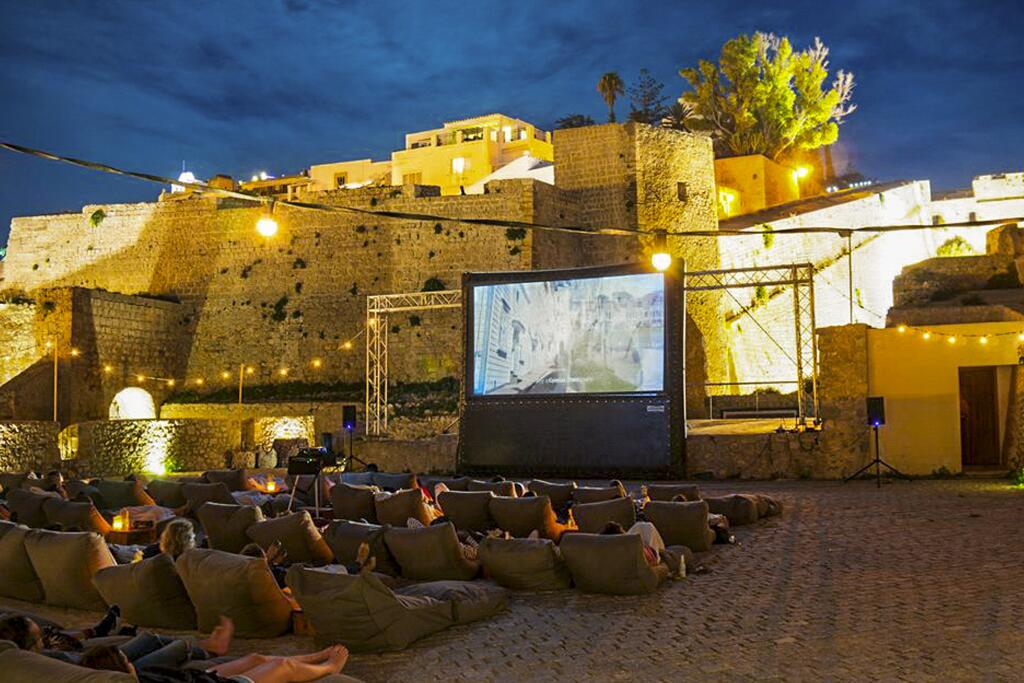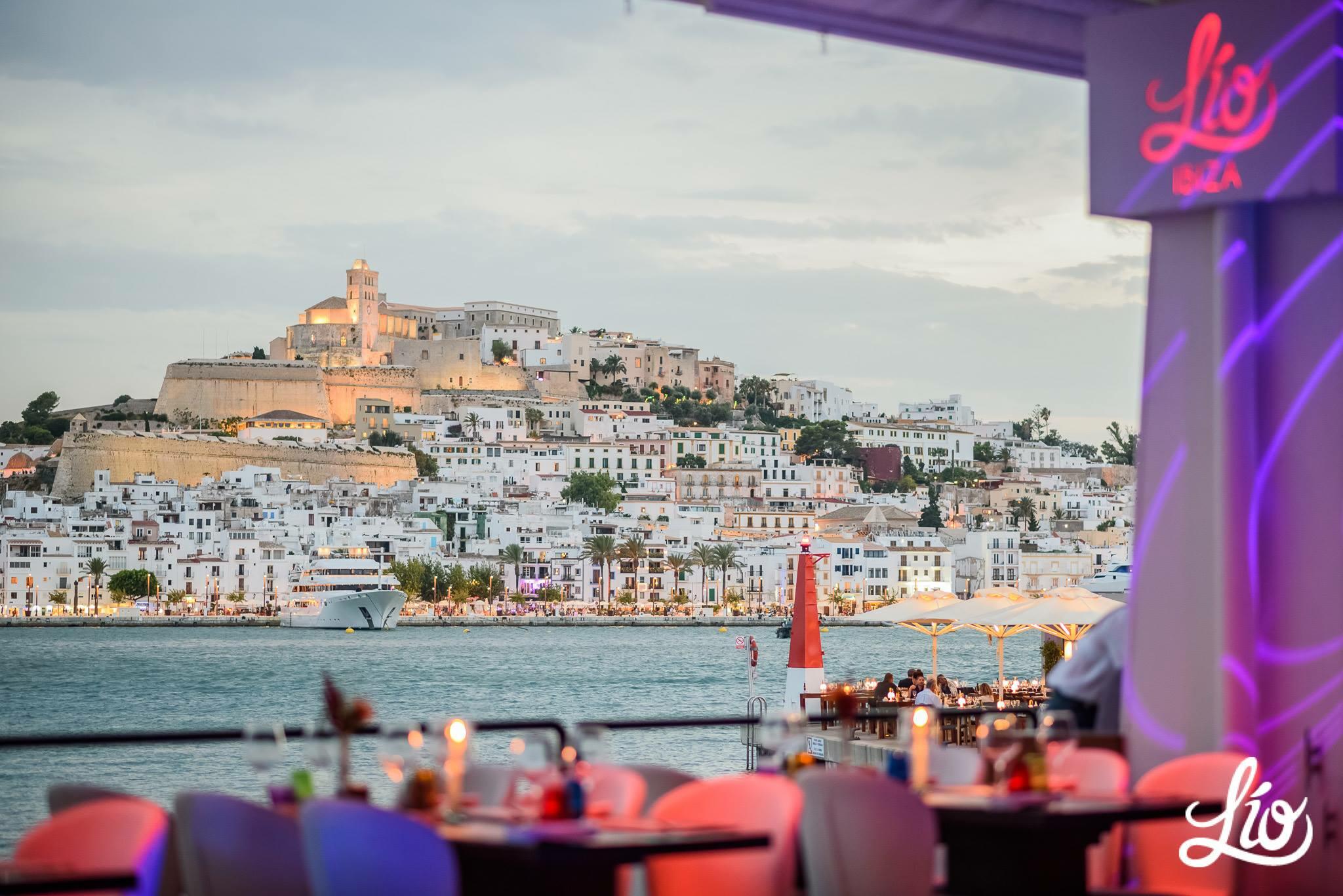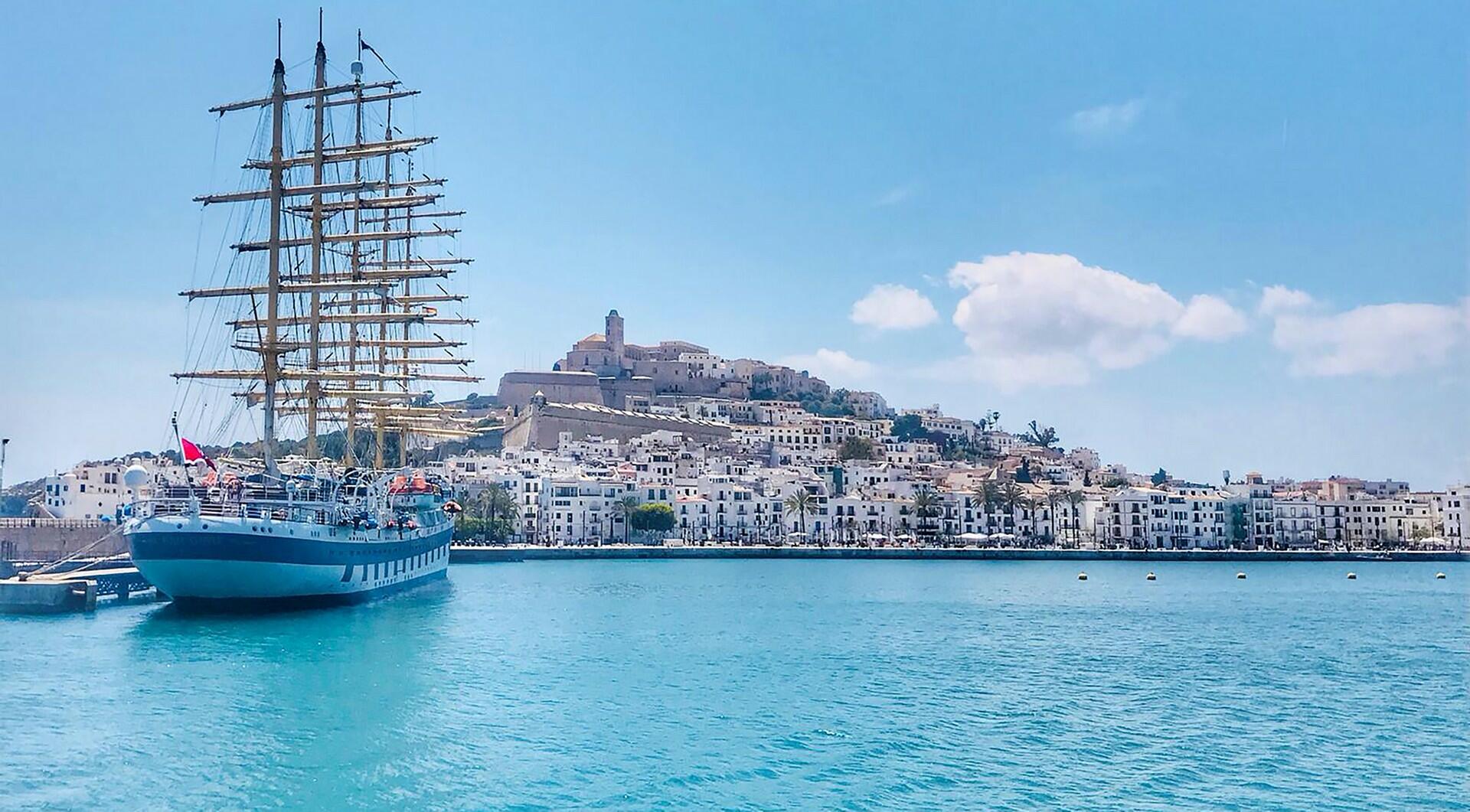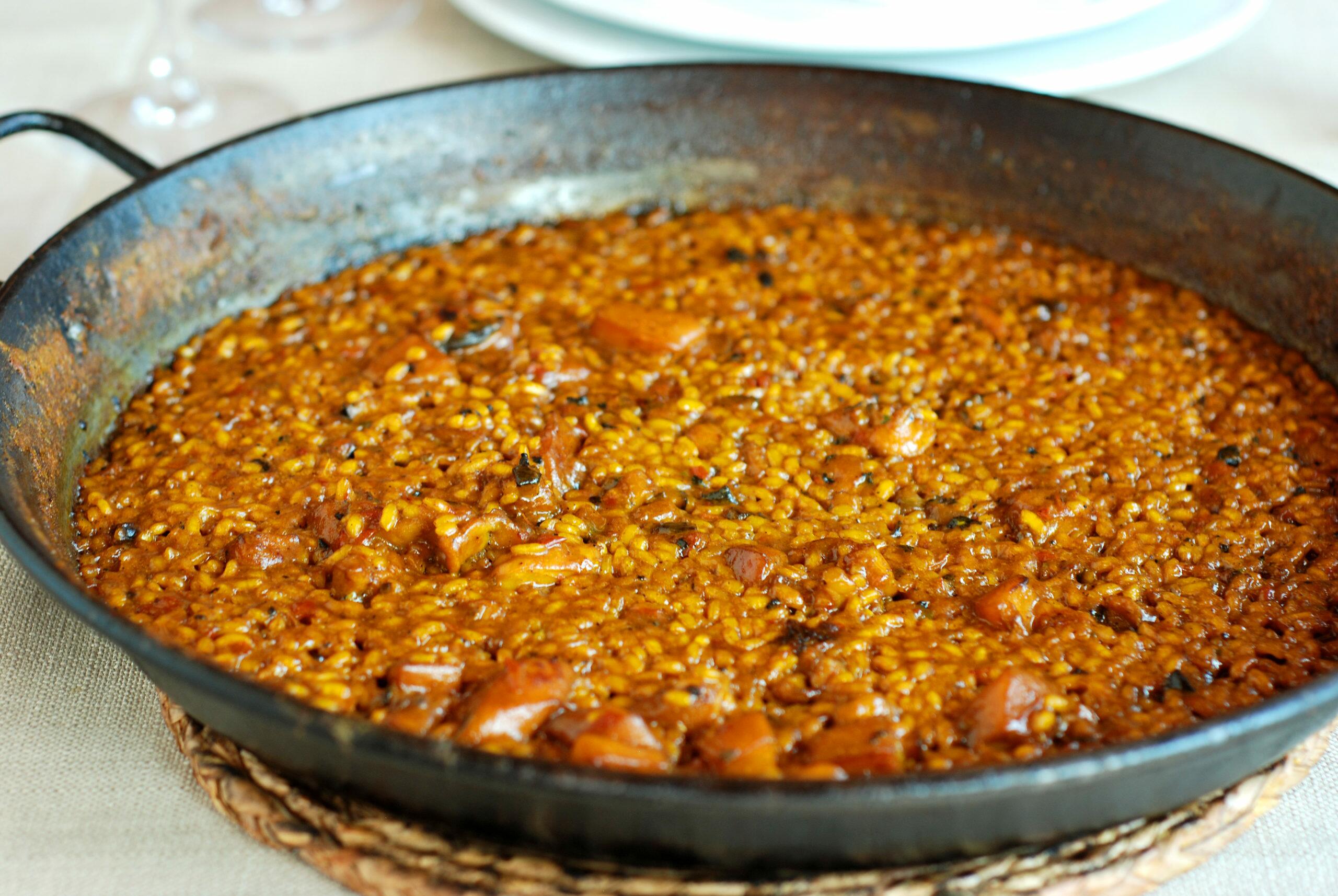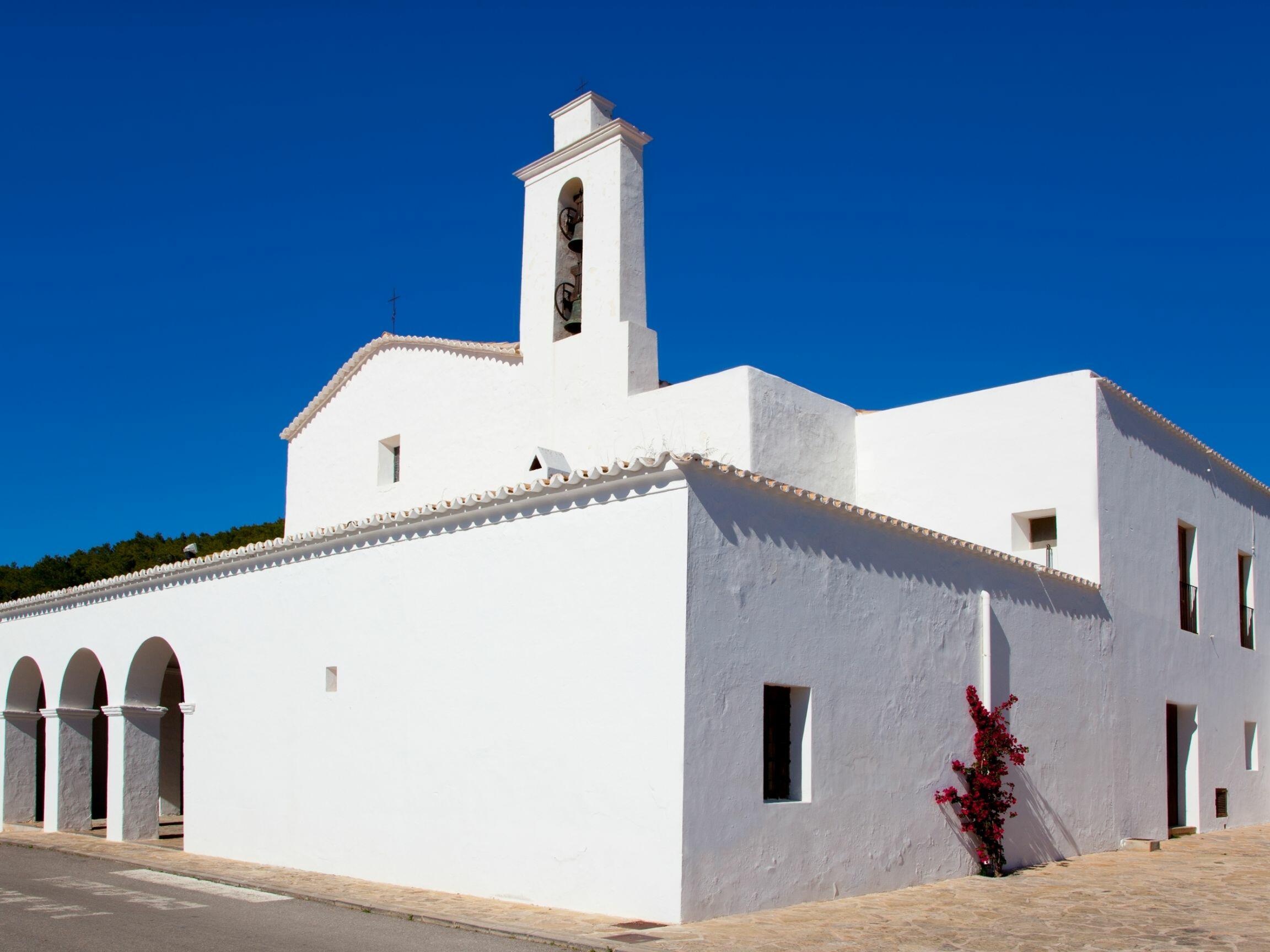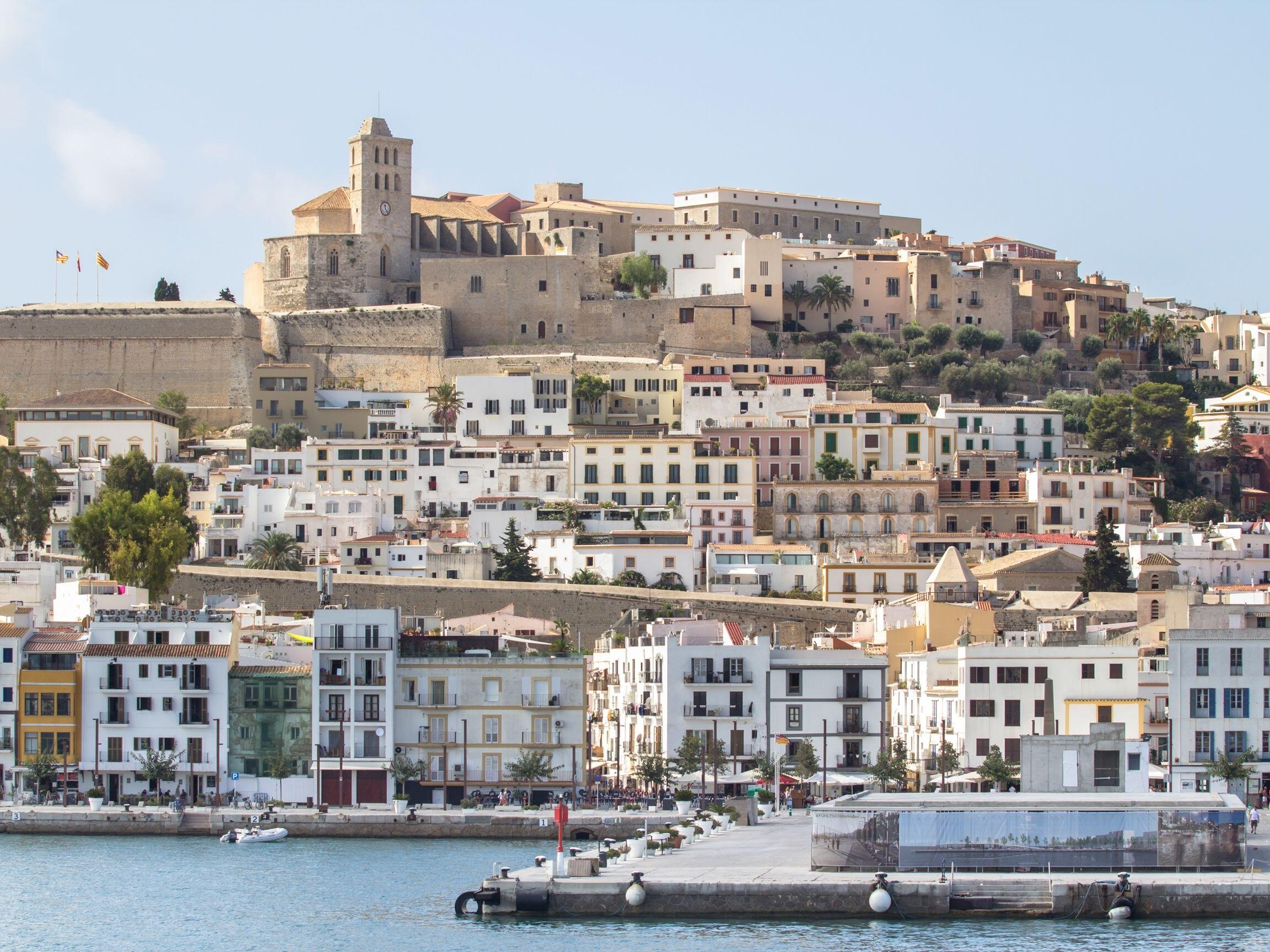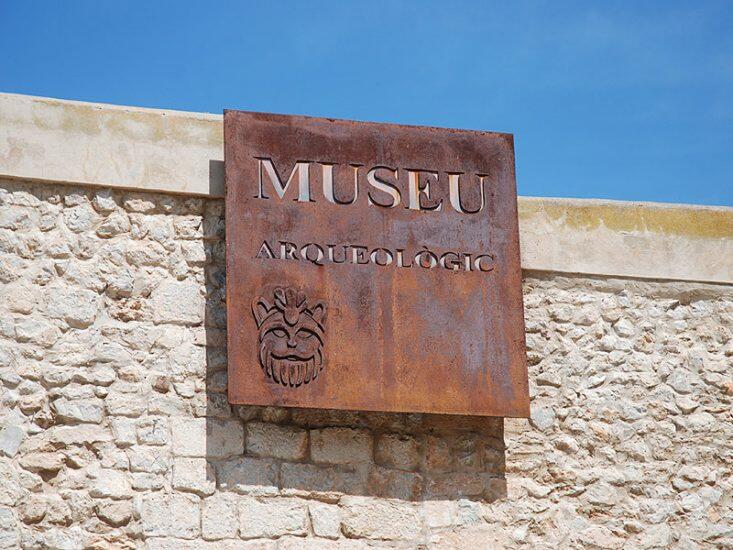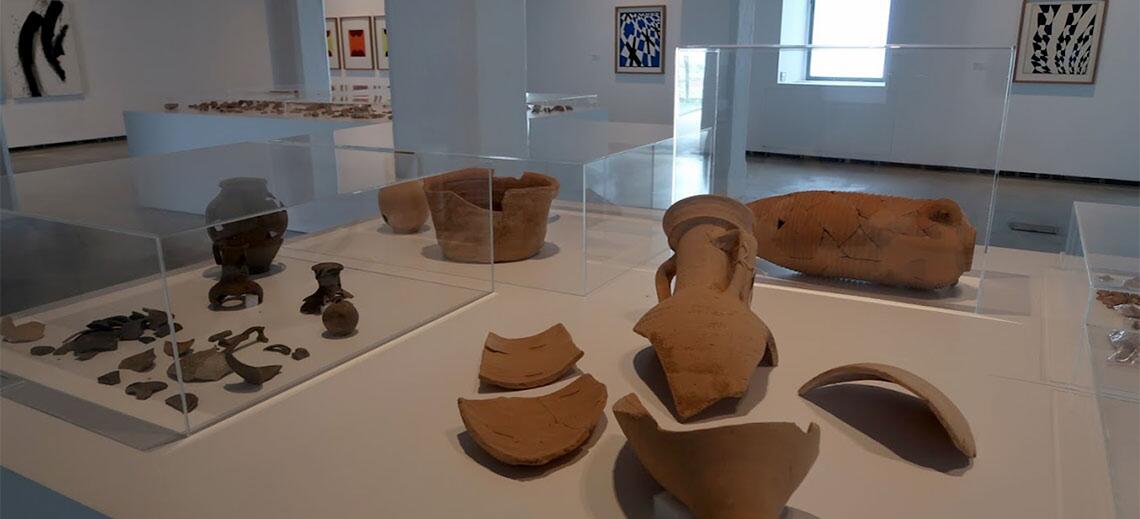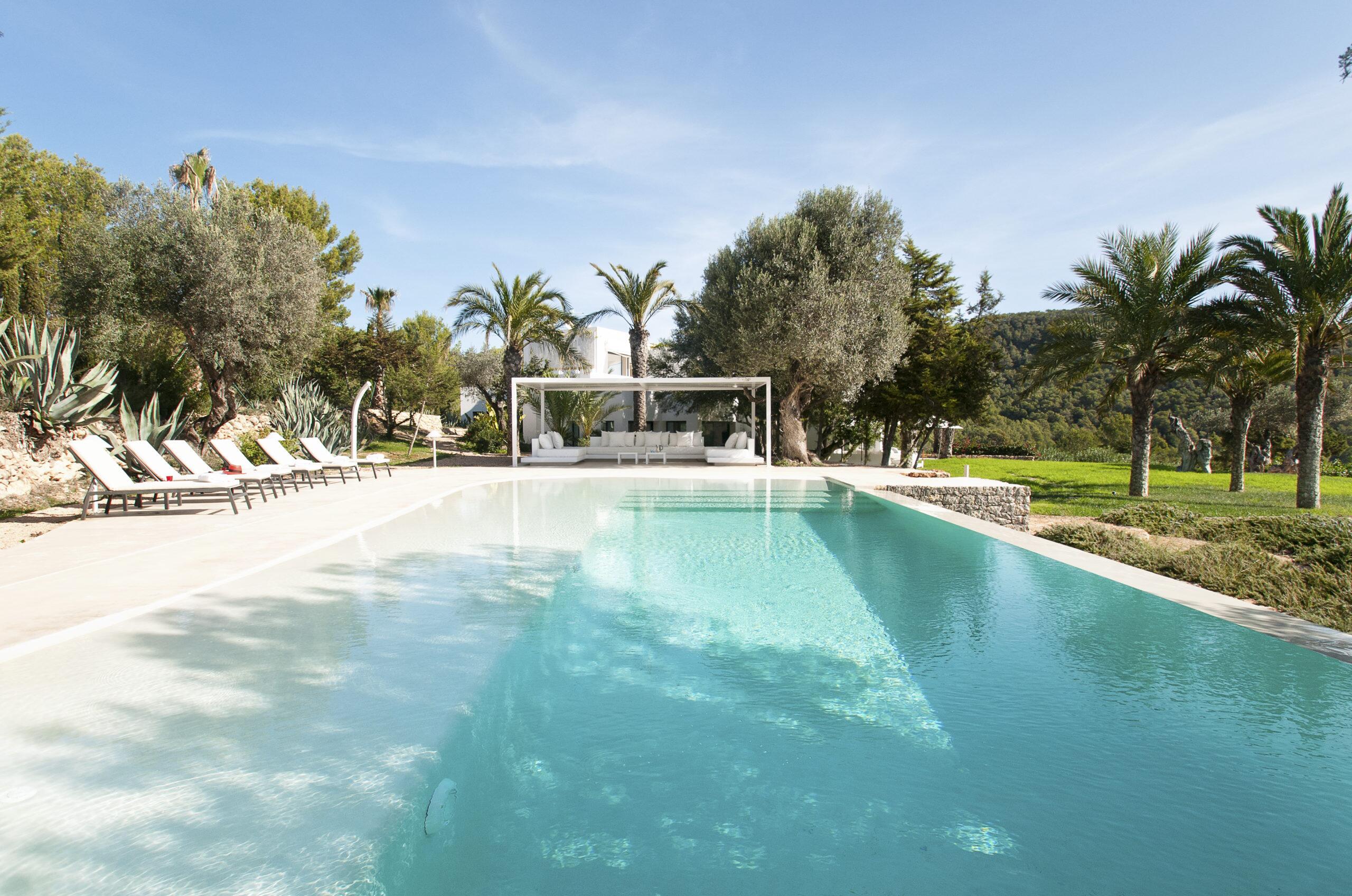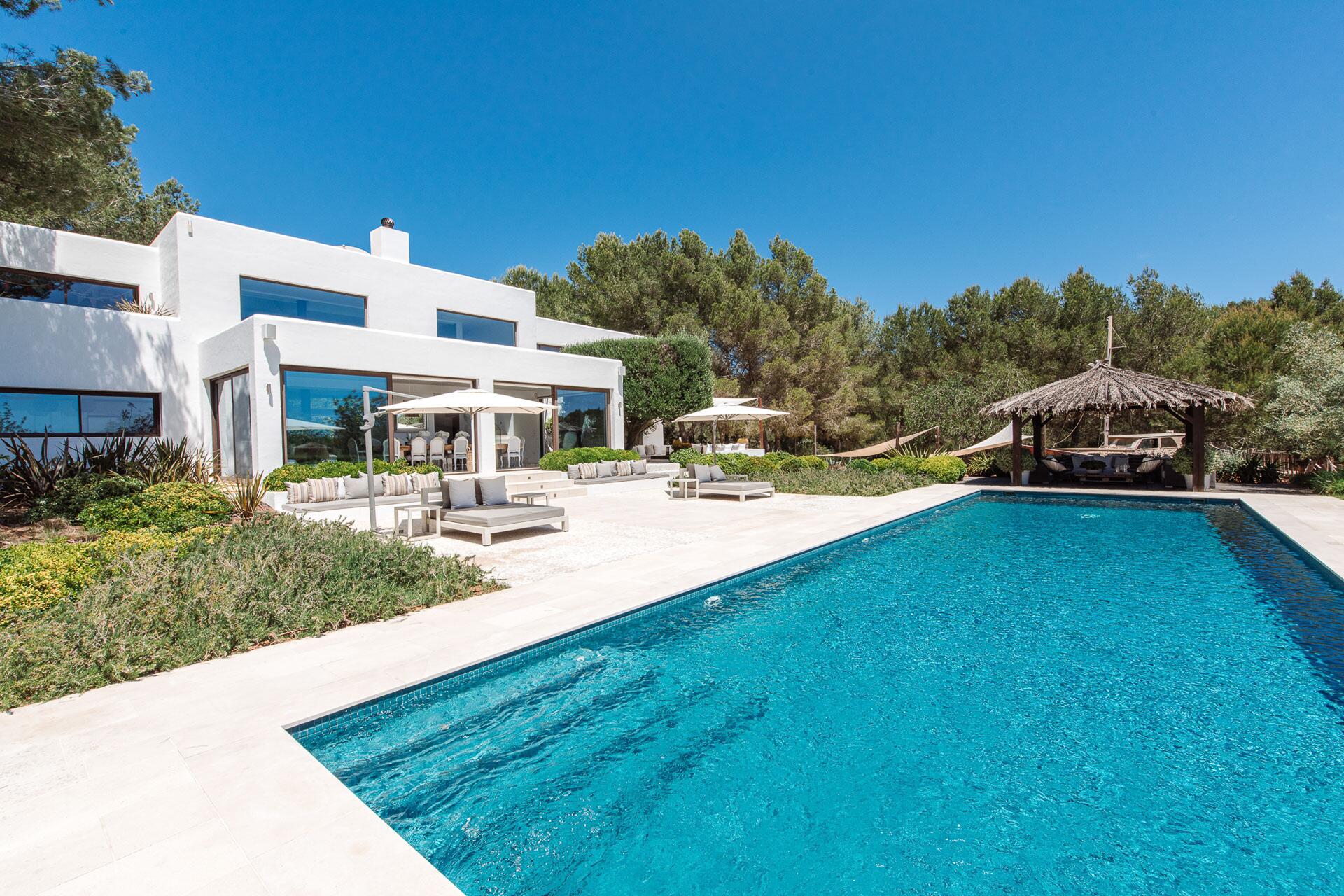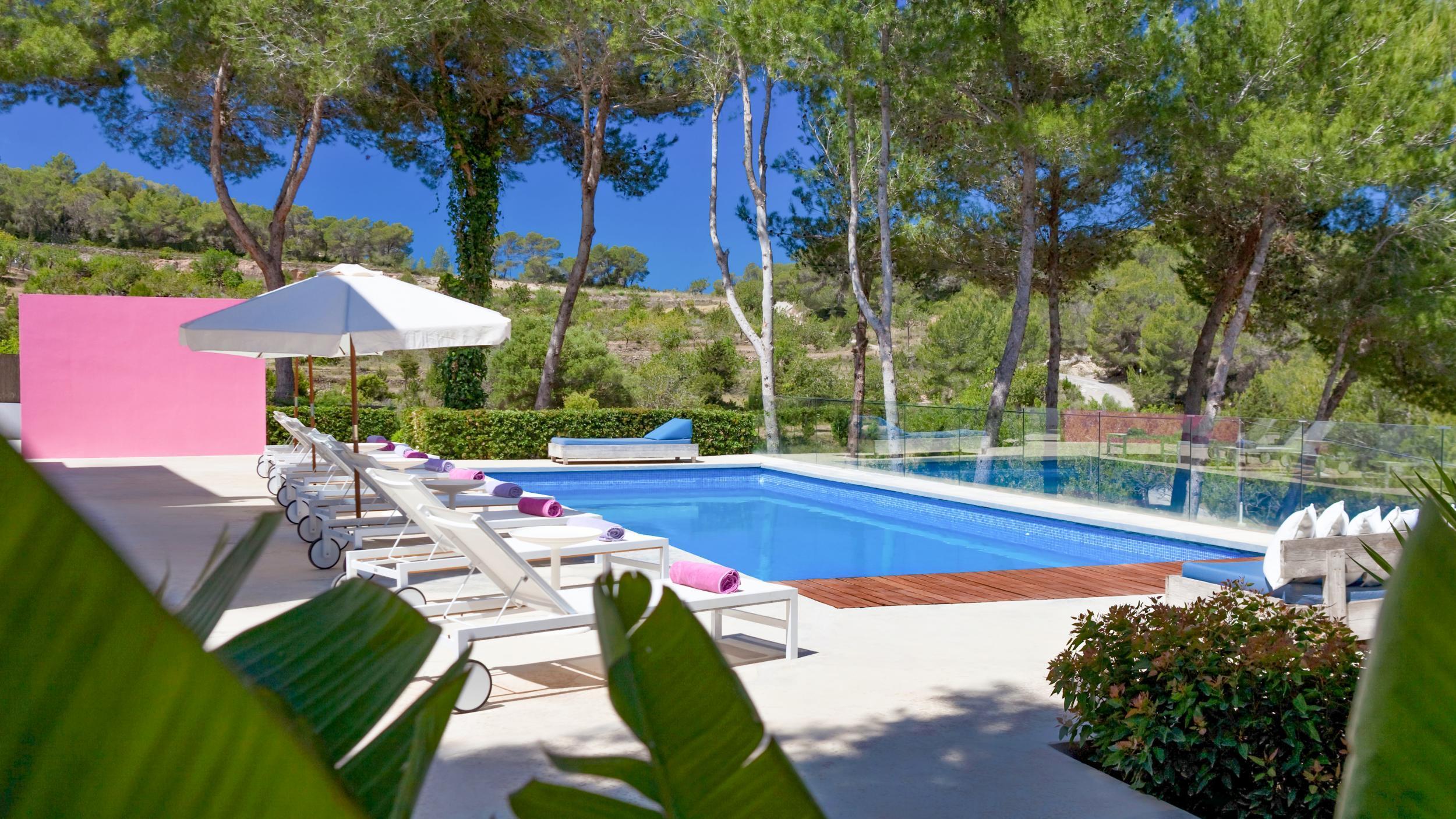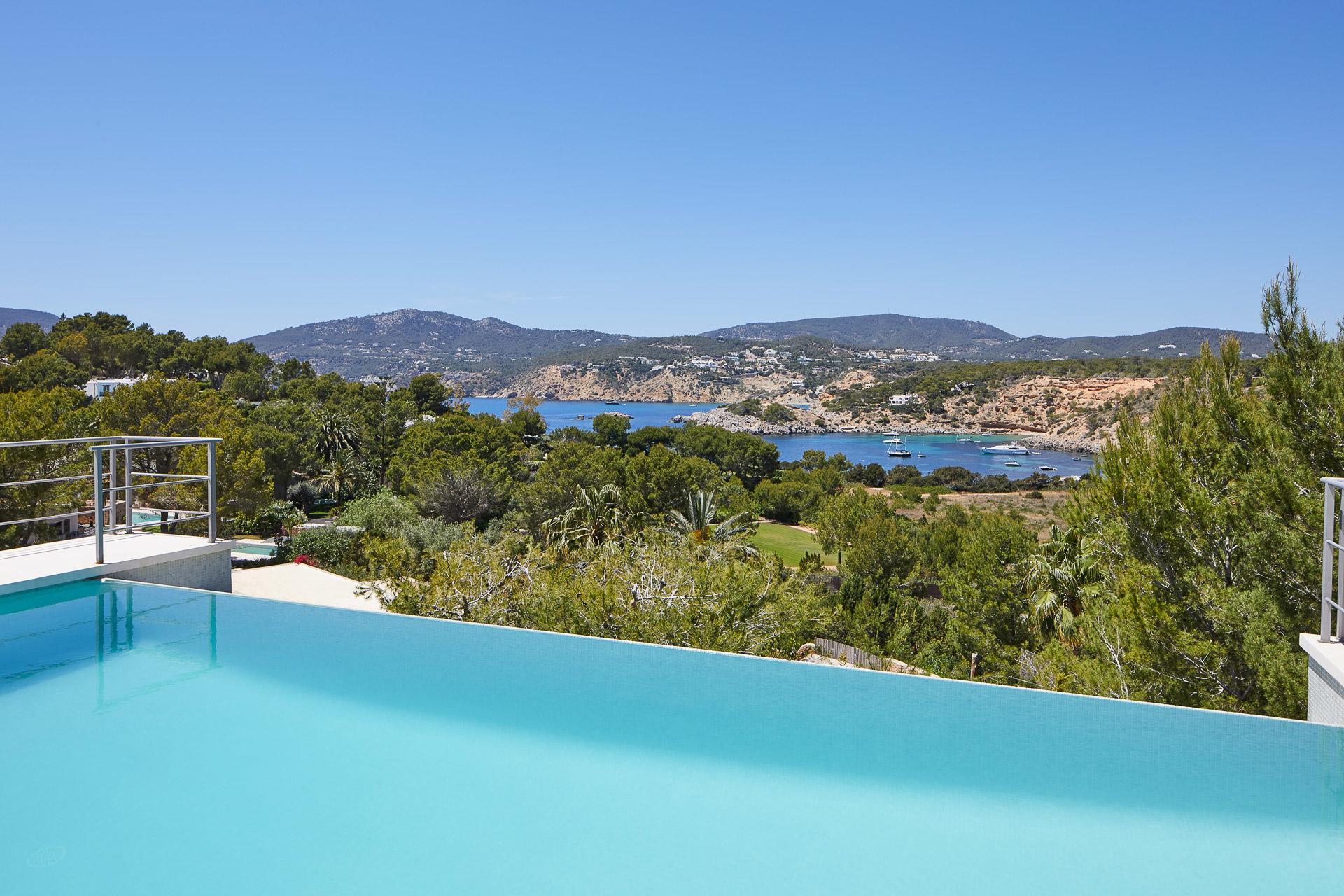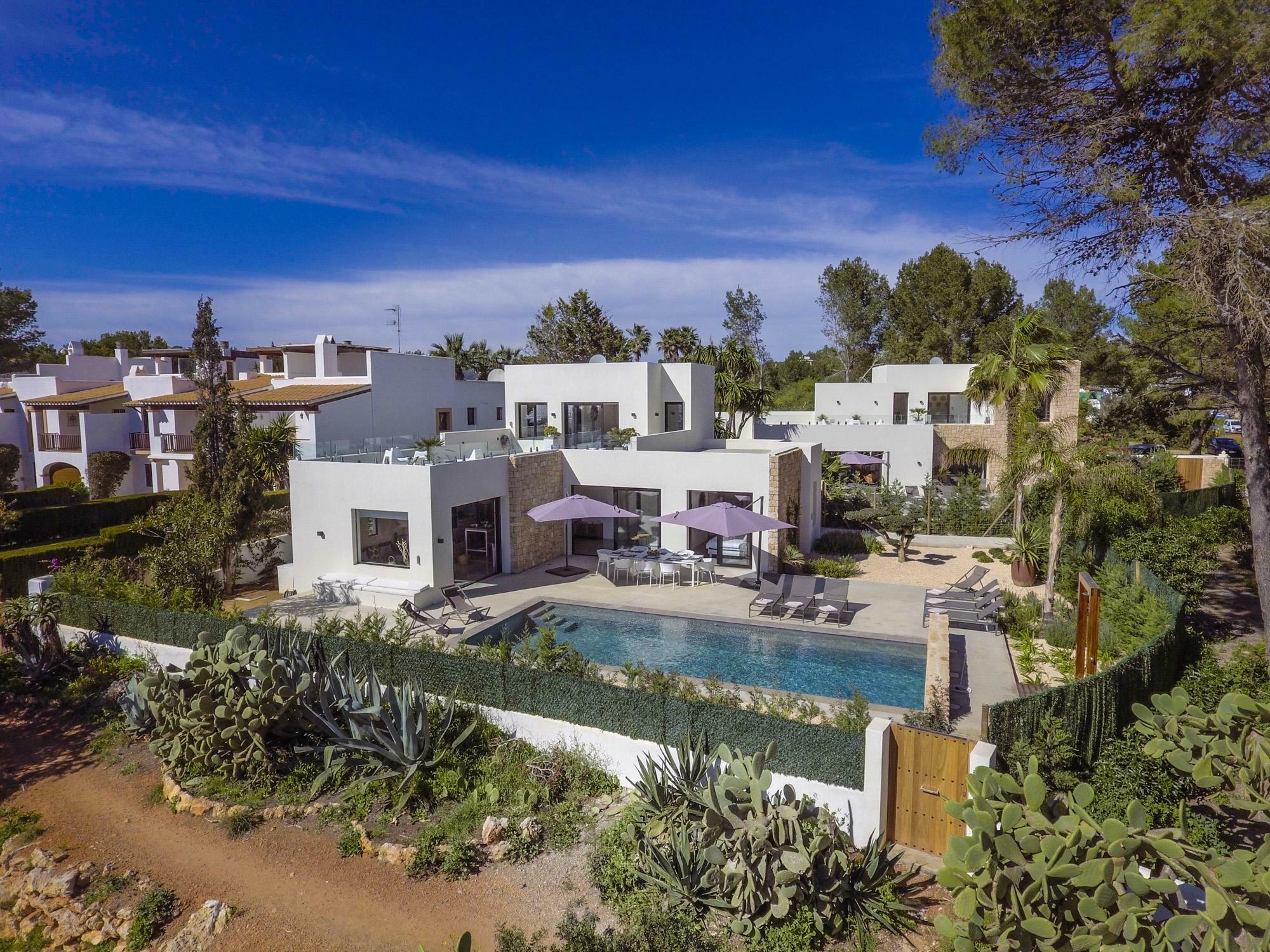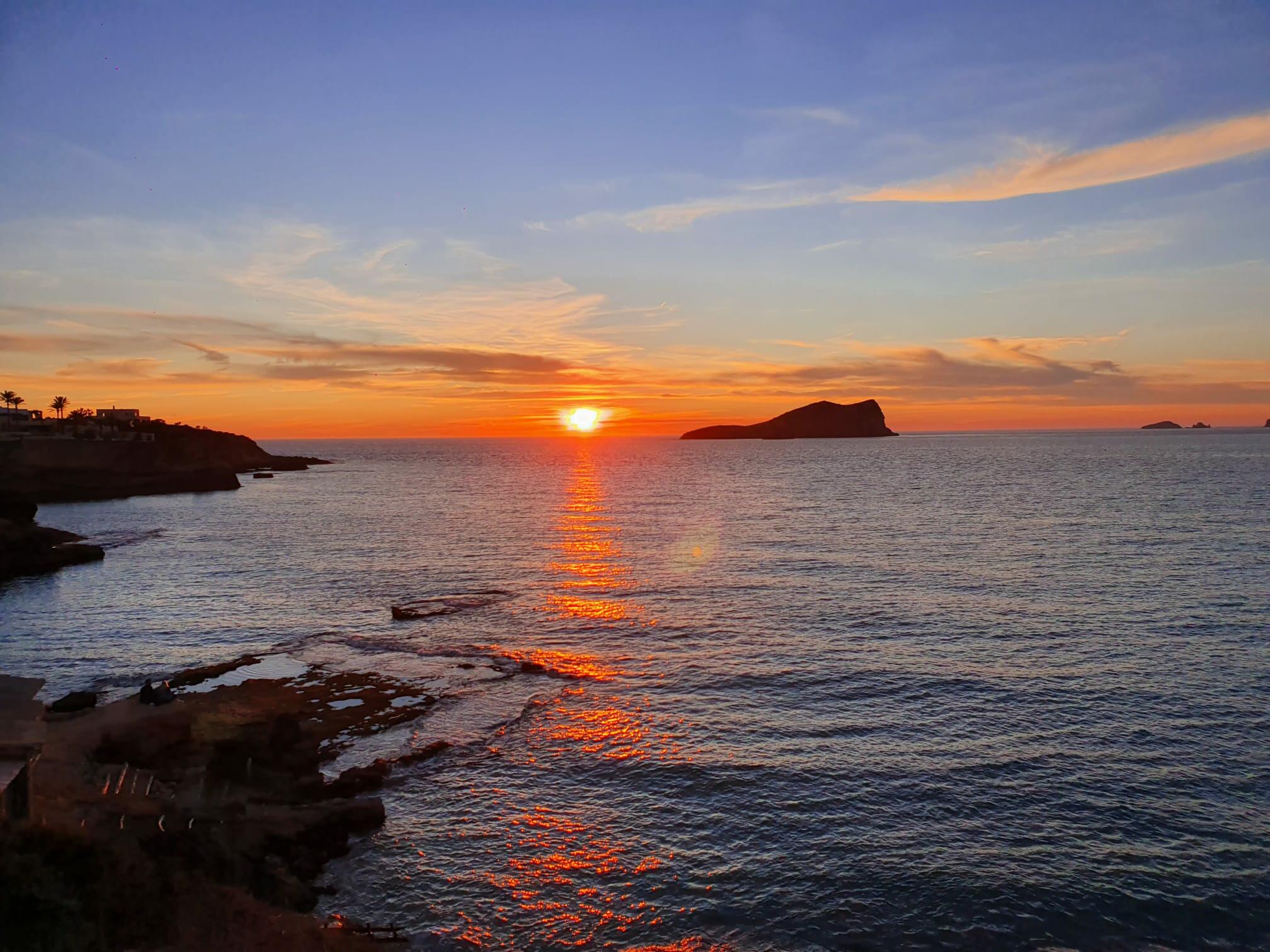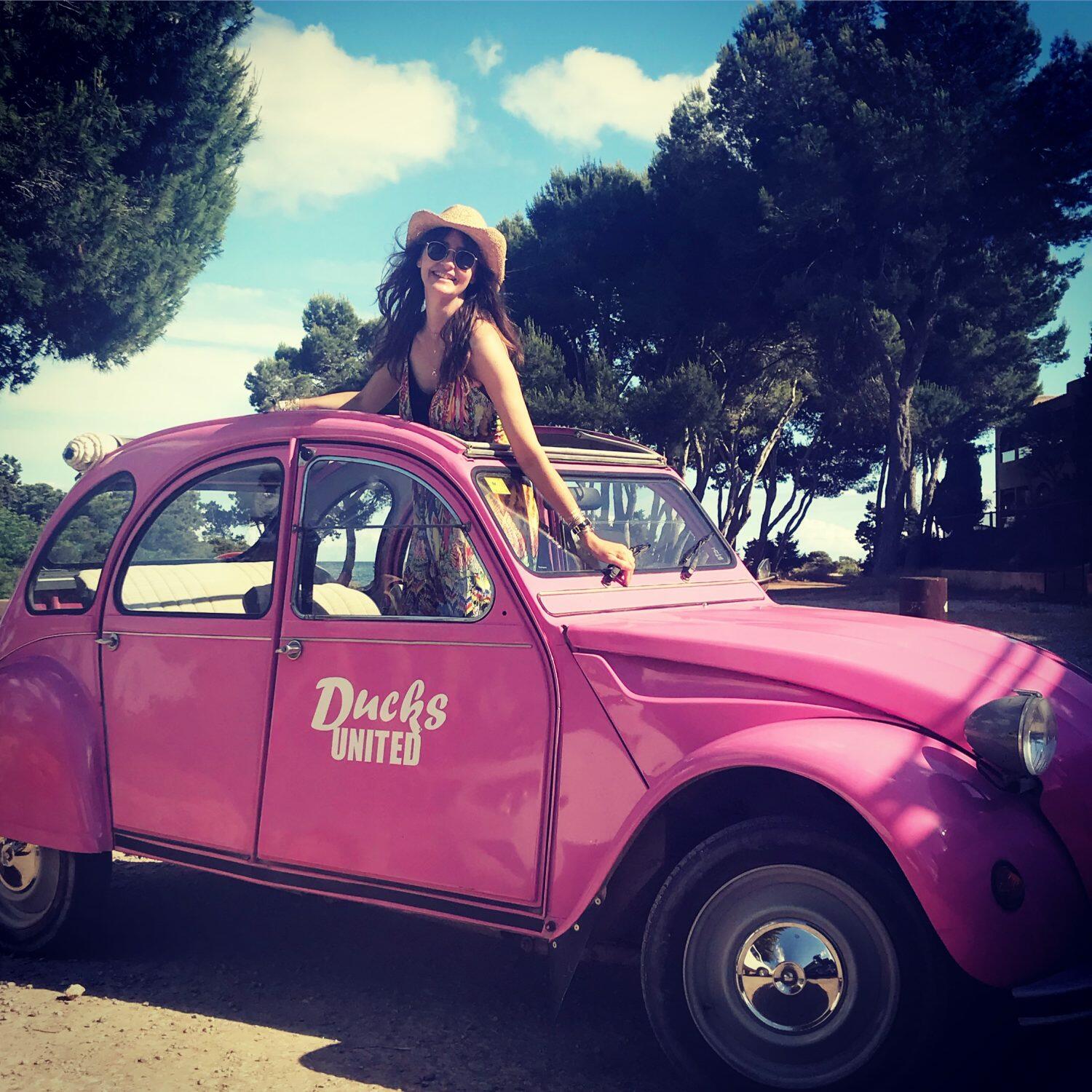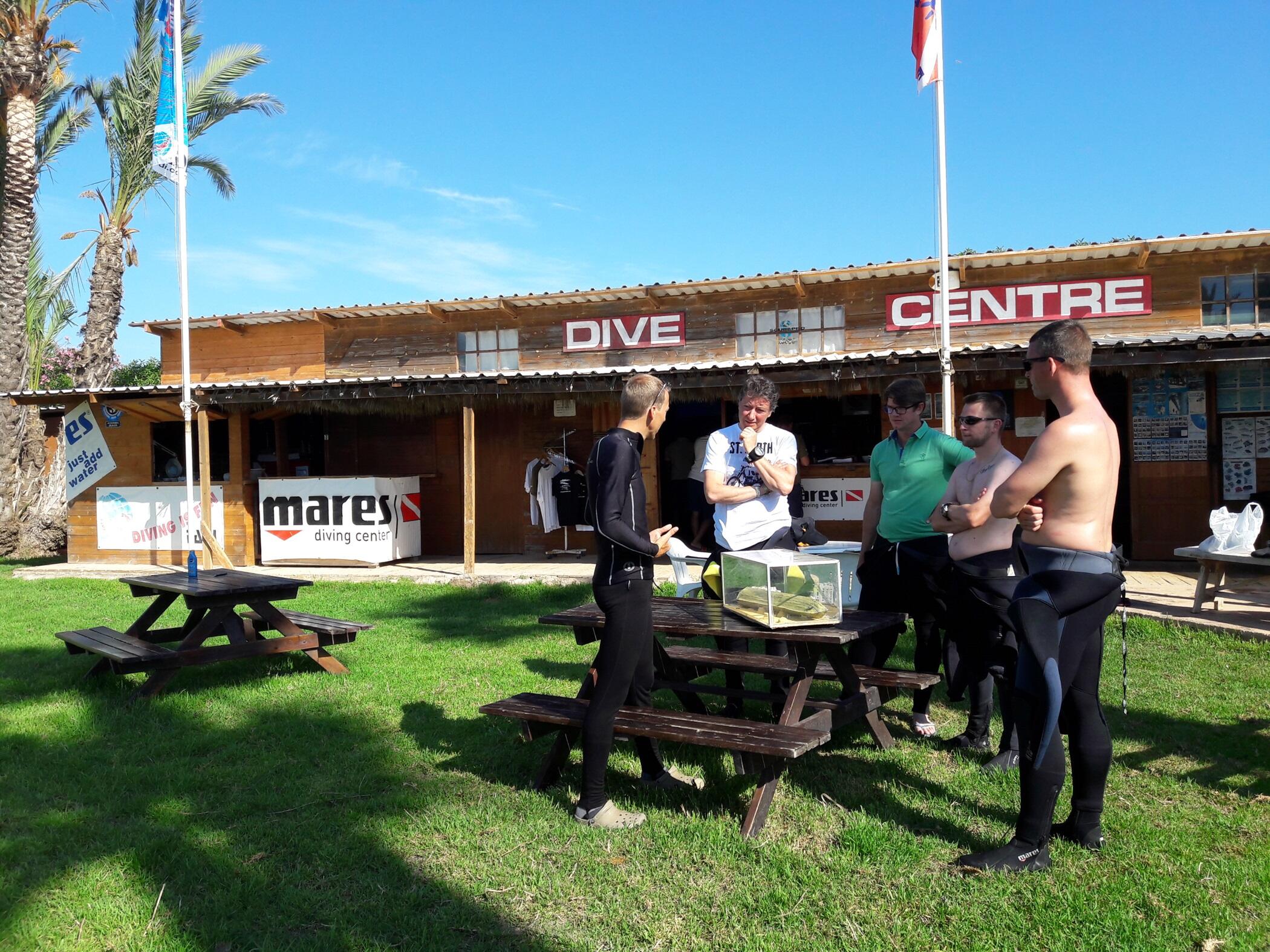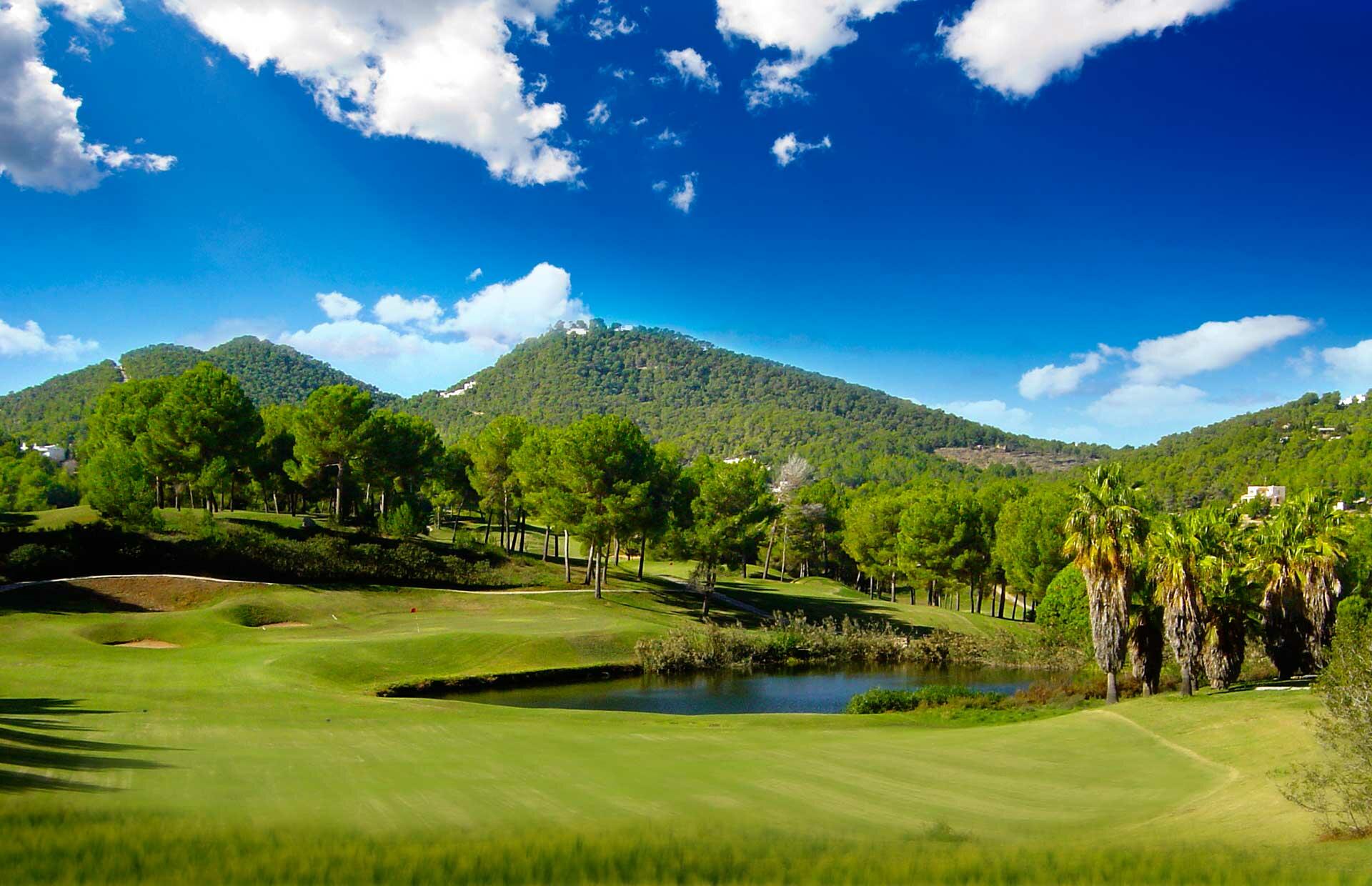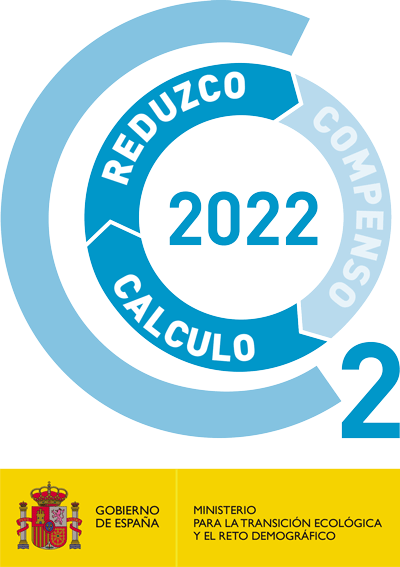Living sustainably is no longer a thing of the past, a desirable way of living, or even a questionable affair. In today’s society, with growing populations, CO2 emissions, waste, and increased pollution, it is essential to practice green living as part of our everyday lives.
In a world where most of us have the availability to live beyond our means, we have allowed for problematic statistics of over-consumption, and therefore adverse consequences from our daily choices and excessive living, leading to dangerous levels of planetary changes.
Failure to live in a sustainable way results in our human existence and habitat at risk of harsh environmental and climatic changes with increased temperatures, leading to global warming, as well as unclean air and sanitation, and concerning water and food shortages.
When we strive for environmentally-friendly living, we significantly reduce the impact of extreme environmental changes that could otherwise be very harmful and threatening to our home, Planet Earth, both now and in the future.
Sustainable and Preserved Ibiza
A greener planet means a cleaner environment and a brighter future for all. With a better quality of air, surroundings, and food, we are more likely to be healthier for longer and subsequently, see a long and safe future for generations to come.
At Prestige Properties Ibiza, we understand how privileged we are to live on an island surrounded by nature with an abundance of cultivated land and natural resources, and also how these attributes are precisely what bring both local well-being and prosperity.
Over the past few years, our company’s philosophy has actively started working towards and advocating for an equal balance between economic prosperity, environmental protection, and social stability.
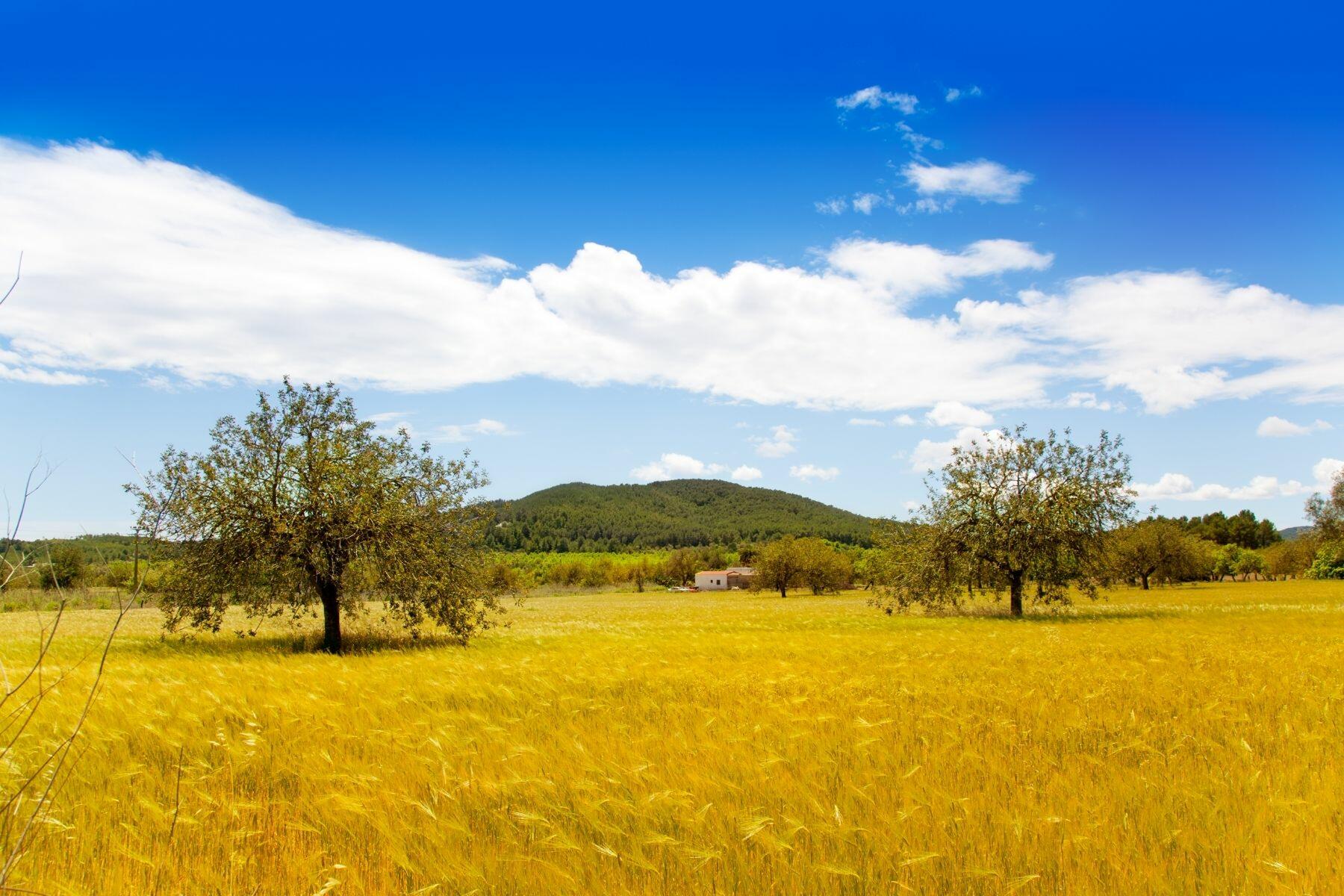
Going Green
There are many ways of going green and living sustainably to help preserve our island’s environment.
Since 2017, we have prioritised green-living as part of our business education and mindful lifestyle practice at Prestige Properties Ibiza, which has enabled us to contribute towards protecting the environment, preservation, and the conservation of our island’s natural resources as much as possible.
Our aim of going green is to:
- Reduce our Island’s Overall Pollution
- Reduce Resources used, Consumption, and Eliminate Non-Essential Waste
- Conserve our Natural Resources, Farmland, and Forest Life
- Conserve our Marine, Water, and Terrestrial Resources
- Maintain the Natural Ecological Balance – Flora & Fauna
Fast-forward to 2021, Prestige Properties Ibiza ensures every business decision takes into consideration the impact on the environment and also our local community, with a calculated plan of action to guarantee a greener solution.
Our Green Solutions
To be able to fulfill our aims for green-living, we have made many changes to our working environment and daily practices.
Some of our environmentally friendly practices currently include:
- Reducing Energy Consumption – Co2 Emission Calculations & Adjustments
- Becoming Carbon Neutral and Off-Setting
- Purchasing Eco-Friendly Office Items
- Recycling and Upcycling
- Green Mode Hybrid Cars and Team Carpooling
- Raising Money and Sponsoring Sustainable Projects
- Reducing Paper Consumption and using 100% Recycled Paper
- Collaboration with Local Projects and Preservation Funds

Our Green Timeline
Here’s our green timeline so far to date with changes to our working environment and daily practices. We hope to see and add many more as we learn and improve our sustainable living.
Green Mode Hybrid Cars
In 2017, our managing and sales director Victor switched to a Hybrid Toyota Car. All non-electrical vehicles run on gas, and our gas is a limited and non-renewable resource, which emits harmful pollutants and waste like carbon dioxide, carbon monoxide, and nitrogen gas into the atmosphere causing severe pollution and global warming via a greenhouse effect.
By changing to a hybrid car, we become more energy-efficient and move towards protecting ourselves against increased environmental pollution and climate change. Hybrid cars, although still partially run on gas, are found to have lower gas mileage, thus improving the gas economy. By partially using electricity, hybrid cars produce fewer toxins, harmful emissions of gas, and pollutants.
Following Victor’s inspiration and role-modeling, our colleague Nina, in 2018 also did the same and switched to a Hybrid car. The majority of our team have agreed that when the time has come for them to change their cars, they will also opt for either an electric or a hybrid model.
Sponsoring Projects – Sabina (Juniper) Trees
In 2018 we sponsored ‘The Sabina Boys’ on their Mongol Rally to raise money for the reforestation of Sabina (juniper) trees in Ibiza’s burnt down forest areas.
"The Sabina Boys", grew up together in Ibiza and participated in the famous charitable challenge "The Mongol Rally". The Mongol Rally is an annual event that covers roughly 30,000 km through mountains and desert, from Europe to Asia. The charity race is supported by an NGO of their choice.
"The Sabina Boys chose the NGO Ibizaconciencia.org and passed their donations to the campaign of "Reforesta Ibiza", where reforestation days were organised by students on the island, re-establishing native forest areas devastated by wildfires.
Prestige Properties proudly donated to their cause, as we also wanted to help and see the replanting of our beautiful and protected Juniper (Sabina) Trees in the burnt areas of the Ibizan landscape.
Raising Awareness – Forest Fires Campaign
According to sources of the "Conselleria de Medi Ambient, Agricultura I Pesca", in 2017 there were 95 forest fires that burned 168.1 hectares in the Balearic Islands; of which 71% in Mallorca, 17% in Formentera, 11% in Ibiza, and 1% in Menorca.
Negligence and accidental causes were found at 58% of these claims, while intentional fires were approximately recognised at a staggering 20% of all causes.
In 2018, the Government reinforced the Fire Protection System in Ibiza. Here Prestige Properties Ibiza proposed to ensure better prevention and help lower the risk of forest fire through actively raising the awareness of our clients and tourists, with regular campaigns and advertising over the summer season.
Reducing Paper Consumption – Recycled Paper
Using less paper reduces your carbon footprint and sustains the environment by preventing trees from being cut down, eliminates energy used to convert a tree into a piece of white printing paper, and prevents plastic consumption from the plasticised paper products. Using less paper also helps to reduce the amount of waste produced by decreasing the refuse sent to landfills or industrial recycling sites.
In 2018, we decided to switch to 100% recycled and chlorine-free paper made in Italy for our printed property magazine, which by 2019 went on to include all our business stationery, such as our business cards and property folders.
In 2020 we decided to reduce our paper consumption further by changing the format, design, and content of our bi-annual magazine to become an annual edition, essentially to reduce and minimise waste.
Also, we recognised our annual magazine did not require unnecessary distribution and wasteful activity. We, therefore, allowed for the magazine to be given directly to clients who asked for a copy, and to a few selected venues on the island, but not for mass-marketing.
Many island real estate companies heavily distribute their magazines across the island, to every home, restaurant, and venue possible. The end-result is these often get left lying around, polluting the countryside, and with many using plasticised brilliant paper, which takes 100s of years to decompose and are left leaking damaging toxins into the ground. With our example we hope to inspire some of our colleagues in the industry to take similar steps towards eco-solutions.
Read more about the "Benefits of leaflets made with recycled paper "
Recycling and Upcycling – Plastic Reduction & Recycling
In early 2019 we switched our coffee machine from the Nespresso and their capsules (which end up in landfills) to a machine that grinds fresh coffee beans (we like to use our local favourite Cafe de Ibiza).
We also invested in plenty of drinking glasses to replace the plastic cups for our water machine, which, additionally, uses glass water bottles that are cleaned and reused rather than sent for recycling. Our single-use plastic consumption has been reduced by almost 90% collectively as a group here since we made these small yet powerful changes. And, of course, we also practice the separation of waste by material to aid the recycling efforts on the island.
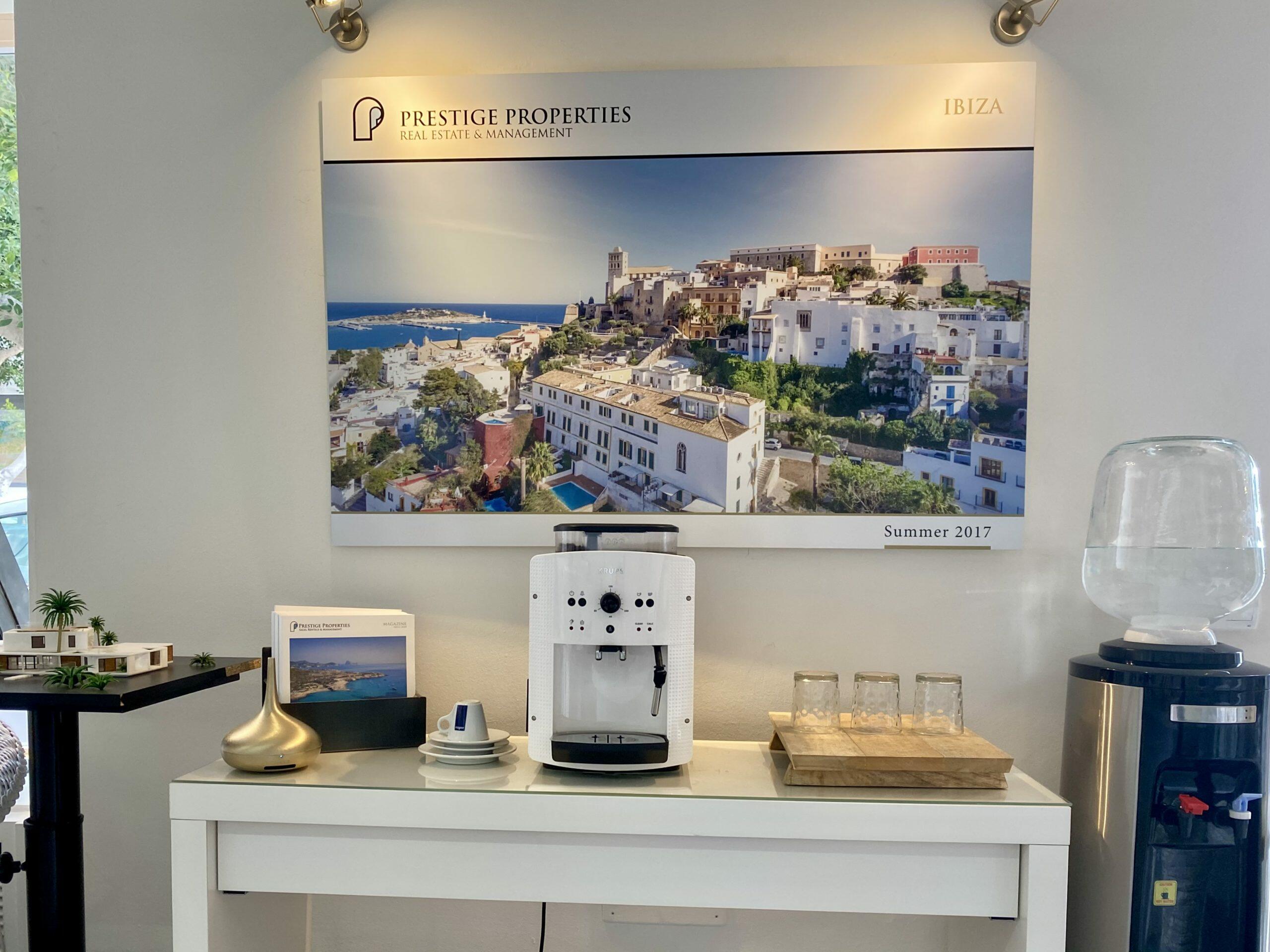
Reducing CO2 Emissions – Calculating our Carbon Footprint
In the latter part of 2020 we calculated our Carbon Footprint: Prestige Properties Ibiza emits approximately 18 tonnes of CO2 per year.
Since actively calculating our carbon footprint, we have now received an official manual for reducing our emissions in the office by changing electrical equipment to newer more efficient versions, changing to more hybrid or fully electric cars, switching off all equipment at the end of the day, and keeping air-con’s systems within reasonable temperature limits.
For the future, we are now looking at projects to off-set our footprint, so that we can be a 100% carbon neutral company. So, stay tuned for more information.
Collaboration with Local Preservation Efforts – Ibiza Preservation Fund
In February 2021 we joined forces with the Ibiza Preservation Fund by offering a one-time donation and committing to donating 50€ for every property sale, and 5€ for every rental deal we close. This collaboration is set to be ongoing and indefinite.
Here is some more information on the projects and important work of the Ibiza Preservation Fund.
Going green at home, in the workplace, and as a community offers numerous benefits. If we all work towards sustainable living, and an eco-friendly planet, our home, and all living things receive the best possible quality of life and a hope for a bright time to come.
Prestige Properties Ibiza is proud to be an advocate of sustainability within our industry. Collaborating and working together with our local community and environmental organisations like The Ibiza Preservation Fund enables us to contribute towards the islands’ well-being and future.
Green living helps make Ibiza, and the planet, sustainable and habitable.
We believe in Giving Back.
We believe in Going Green.
We welcome you to join us in this pursuit!
There is no time like the present to give back and to get involved. Ibiza has many projects and NGOs listed on the island where we can all support, donate, activate and simply ‘do our part’. No matter how big or how small, you can make a difference.
Take a look at our local initiatives operating under Sustainability and Green-Living here on the island below:
IbizaPreservation | Ibiza & Formentera Environment, Land and Sea
Treball Ambiental | Fundació Deixalles
Homepage – IbizaConciencia.org
